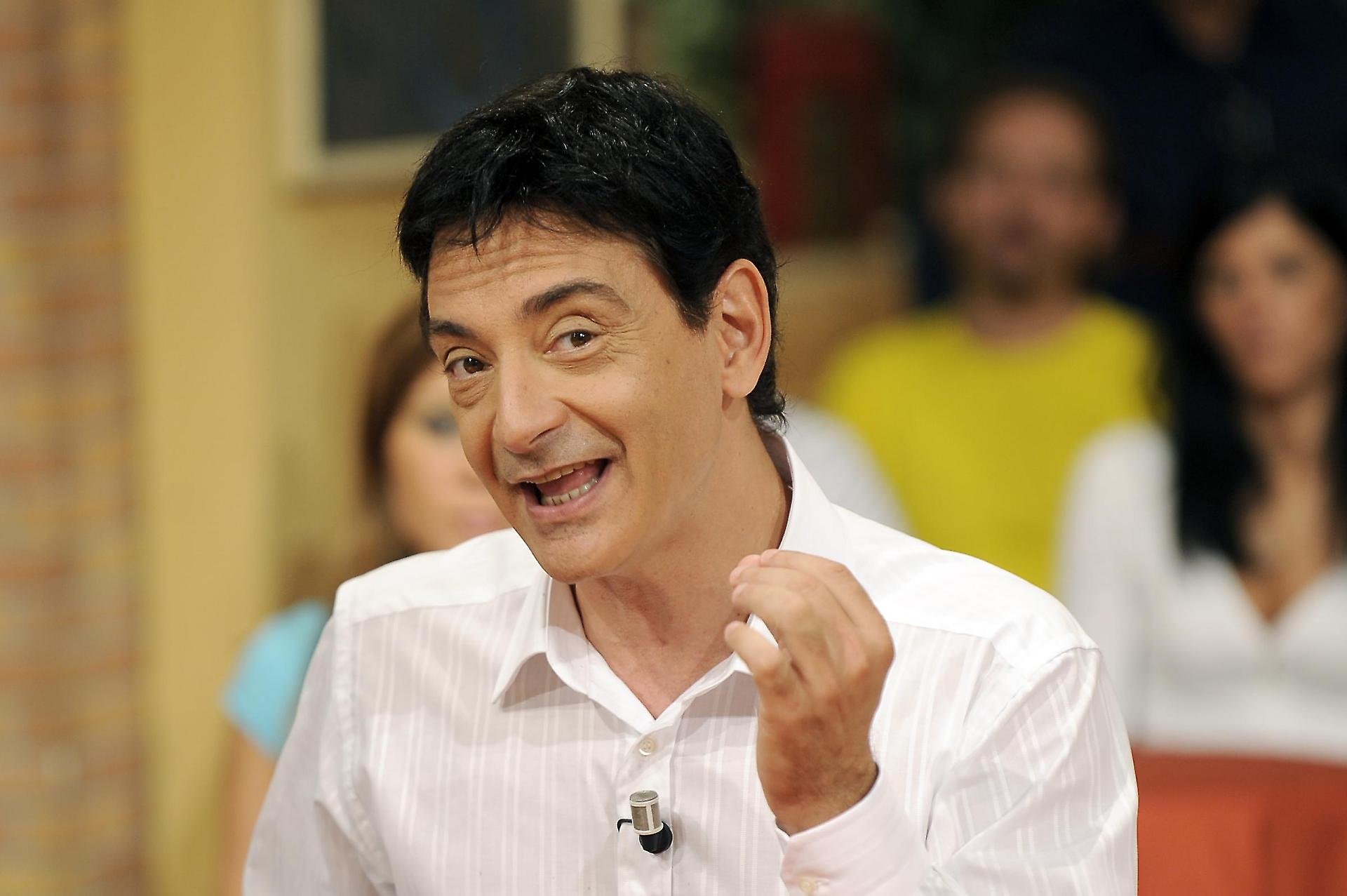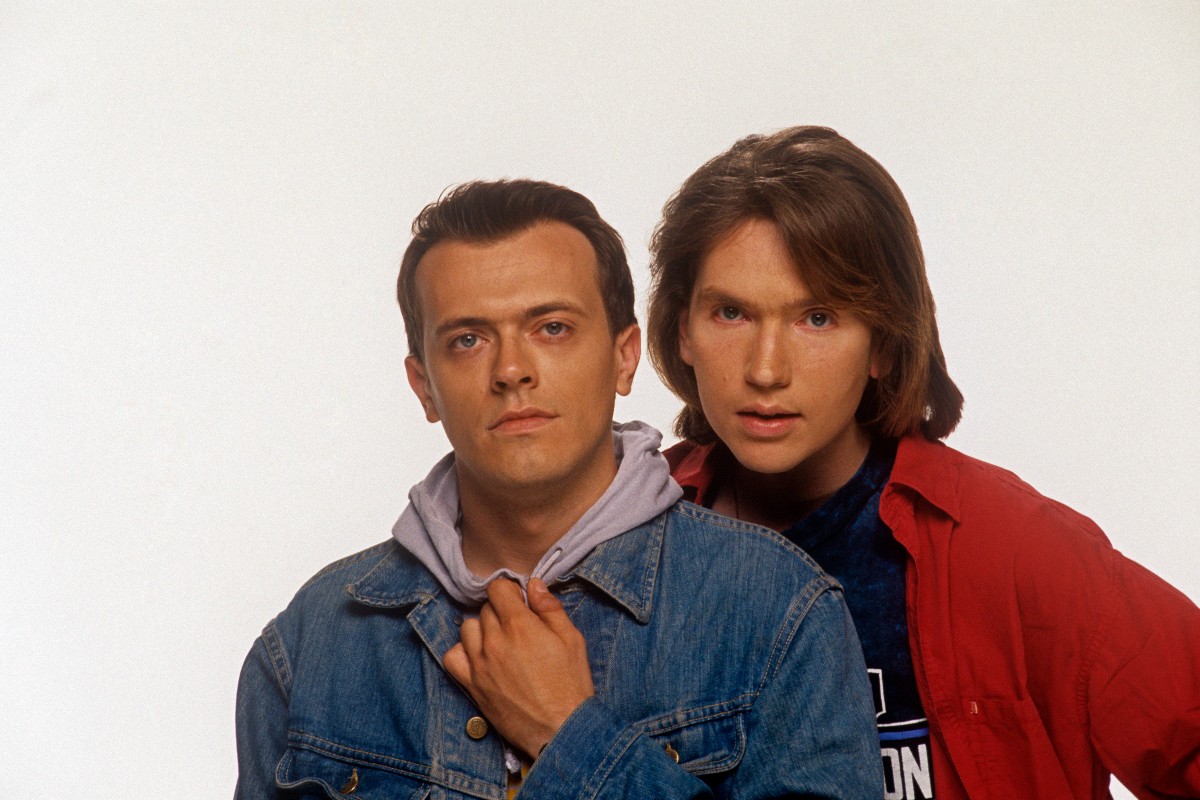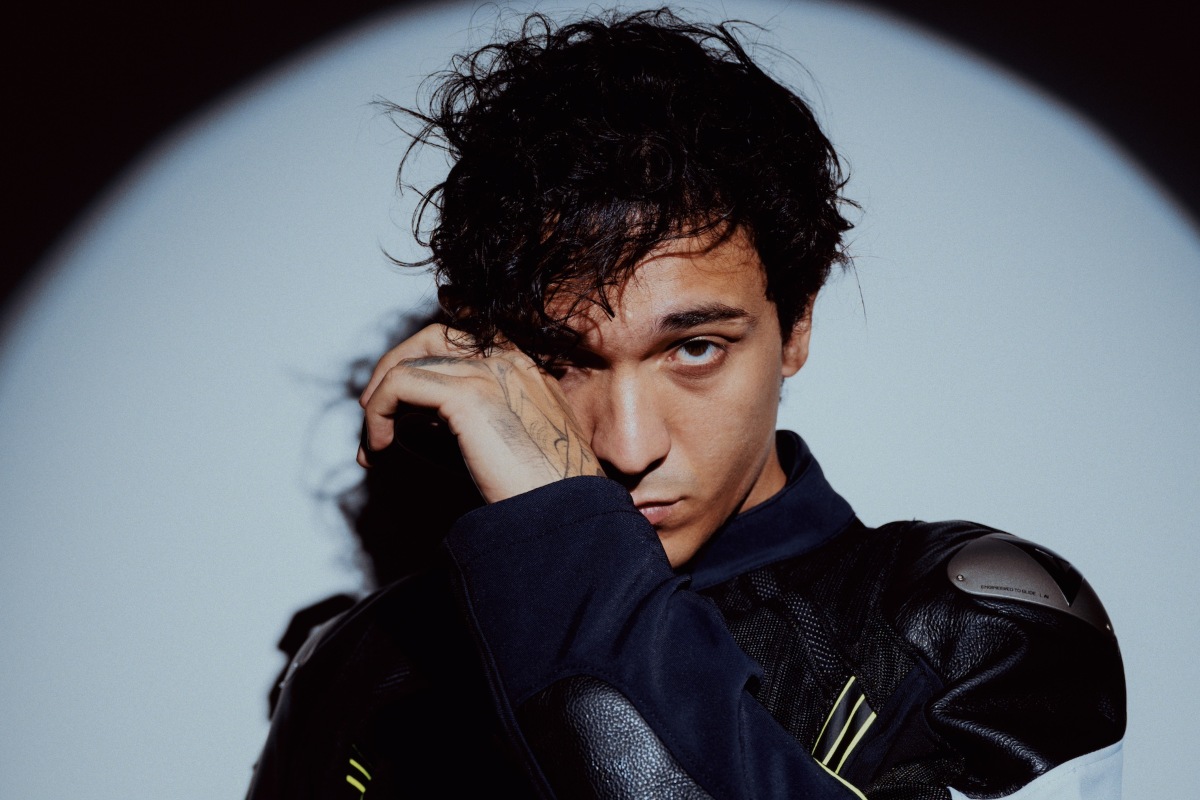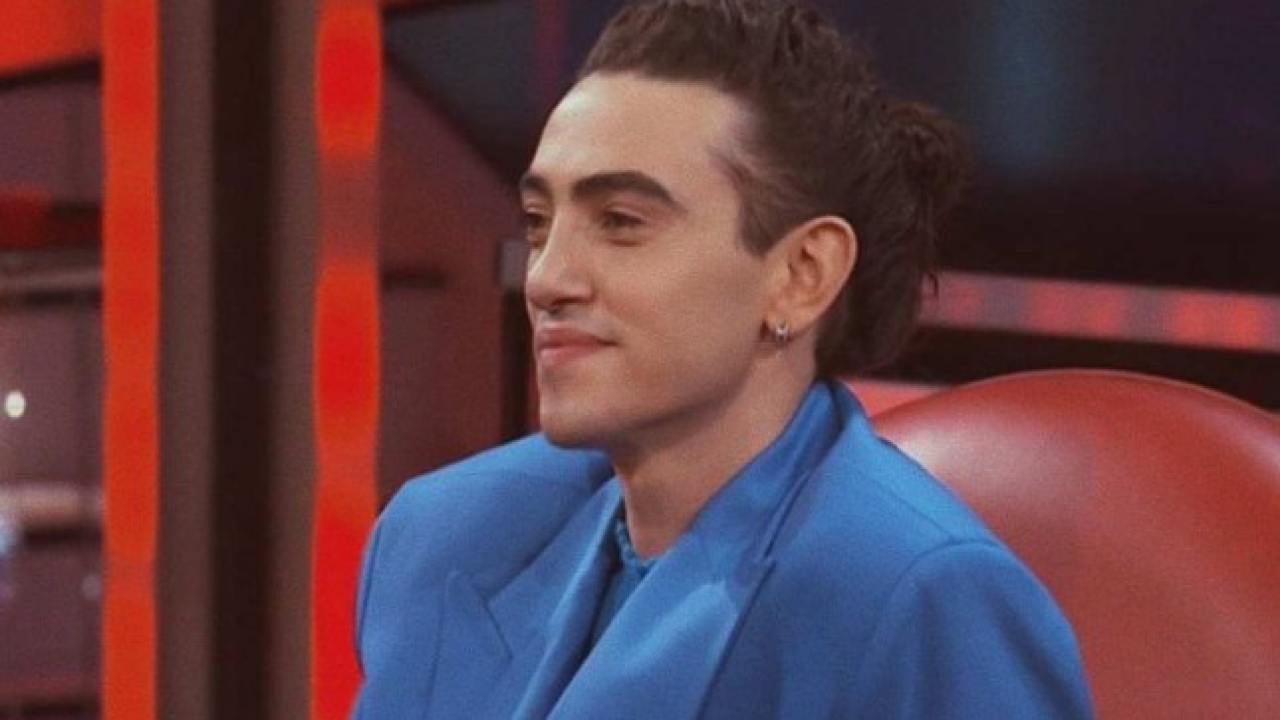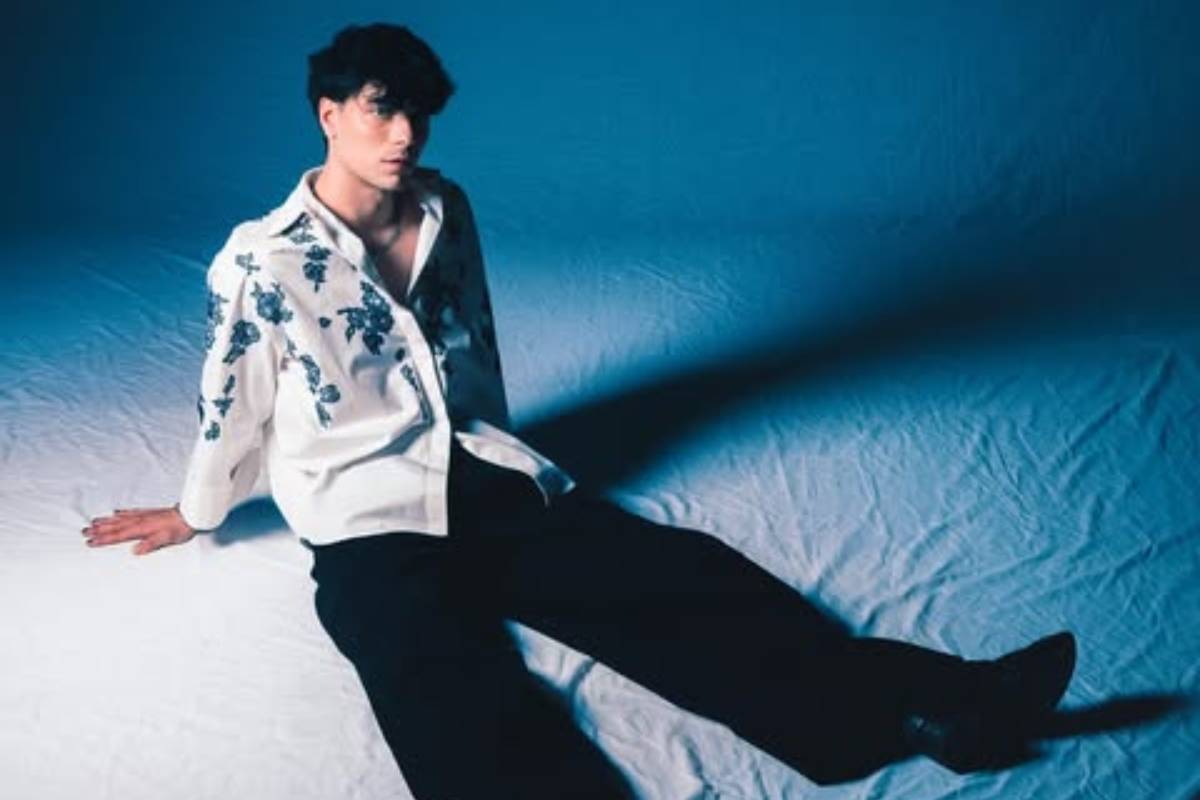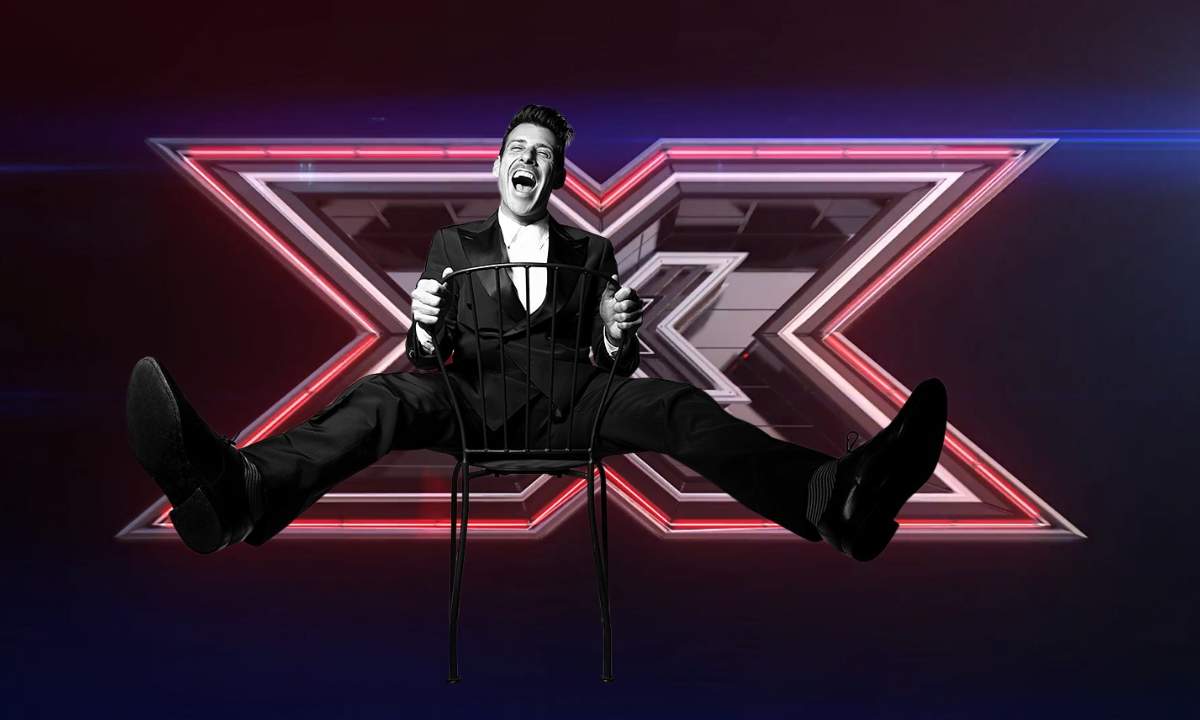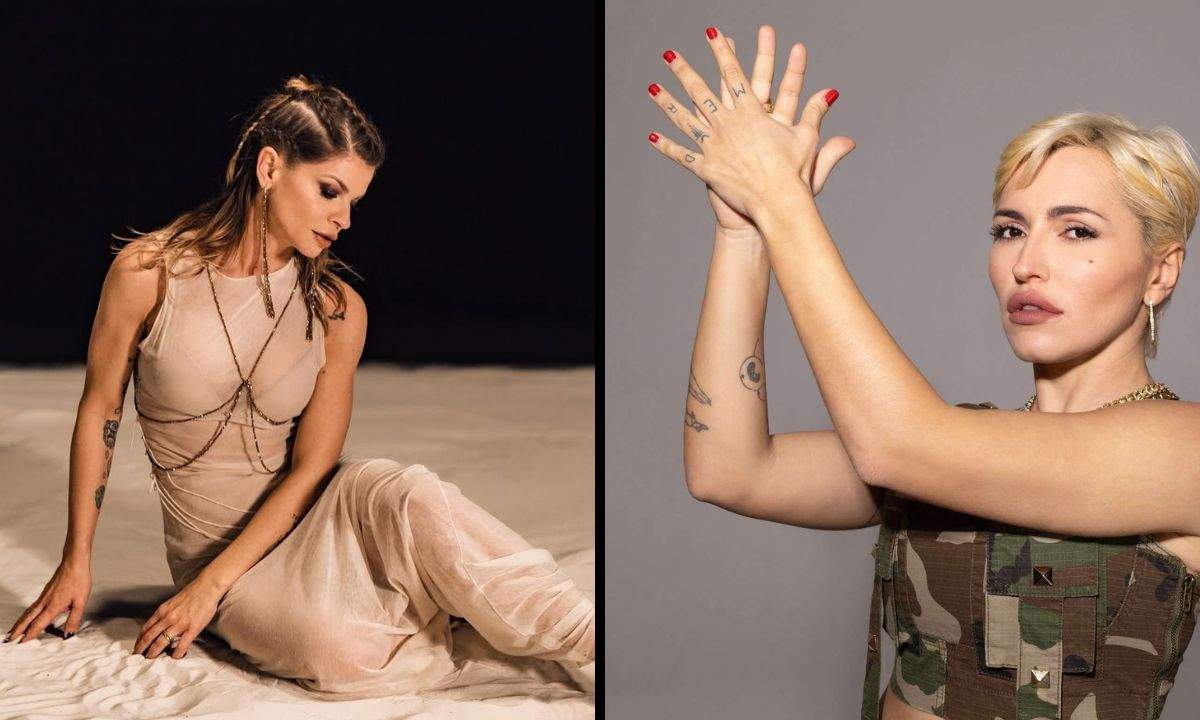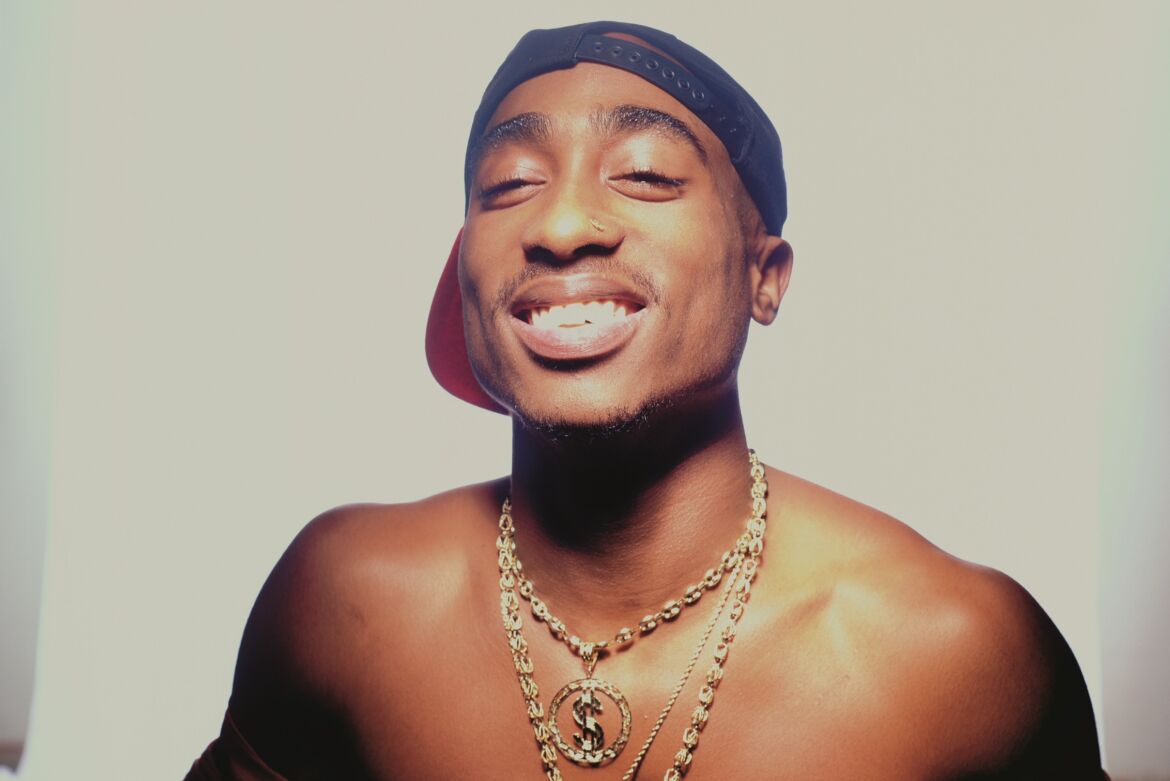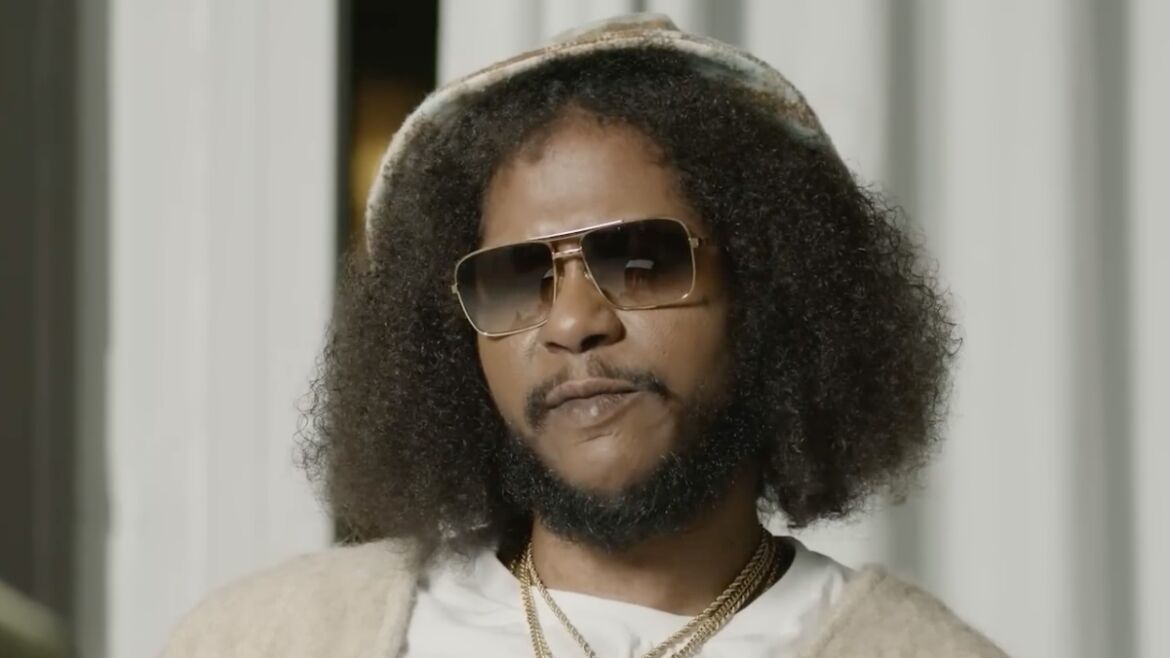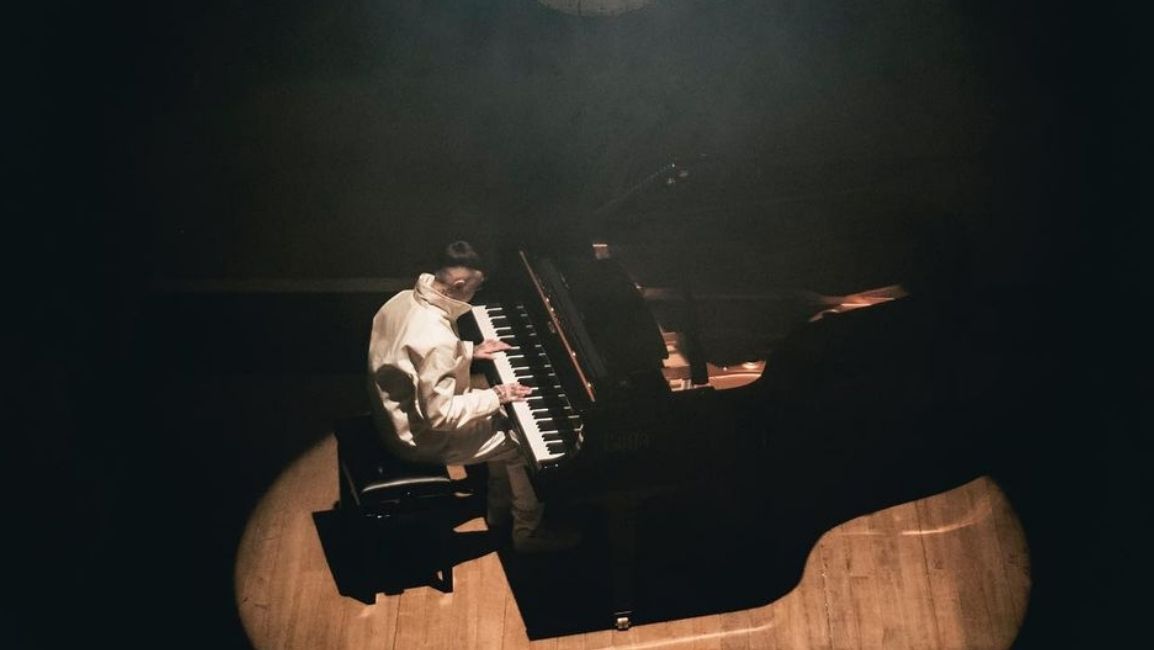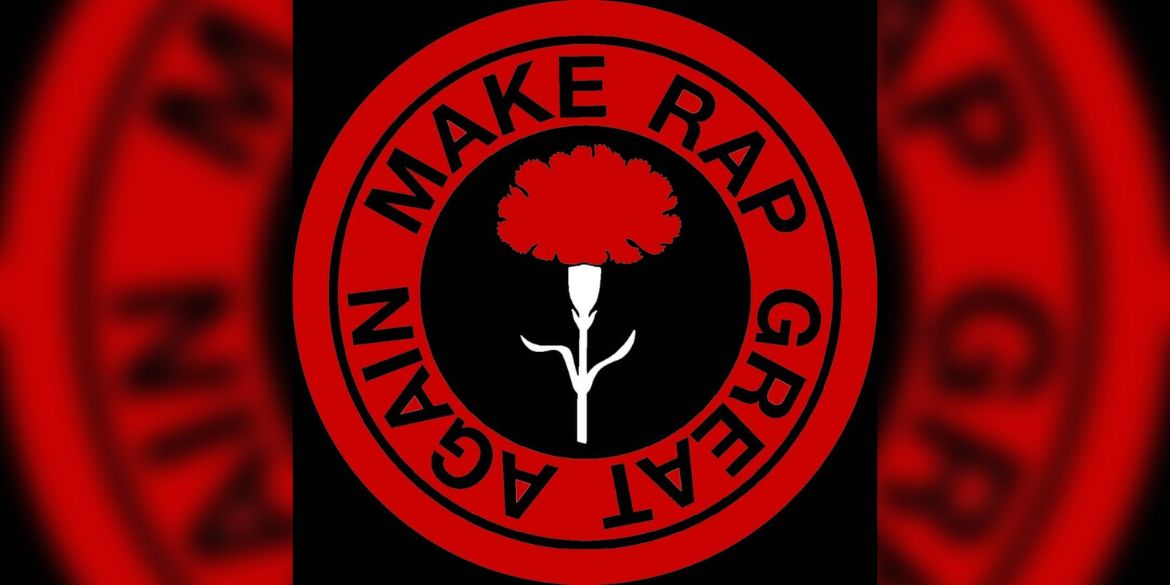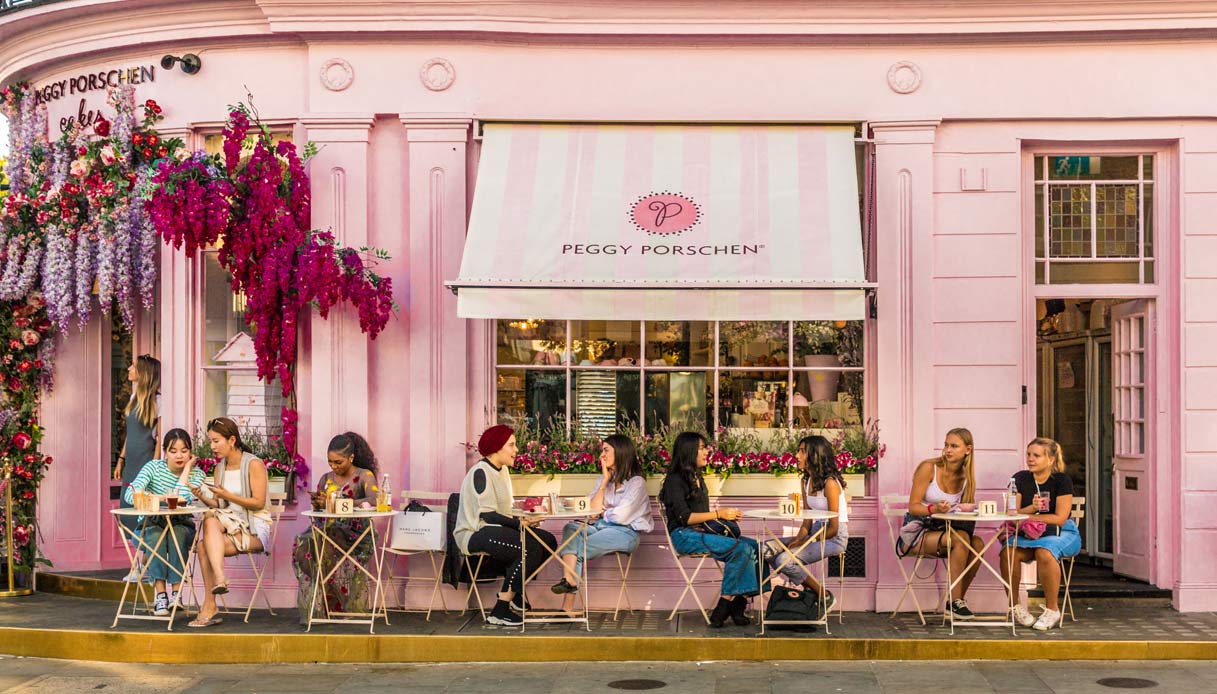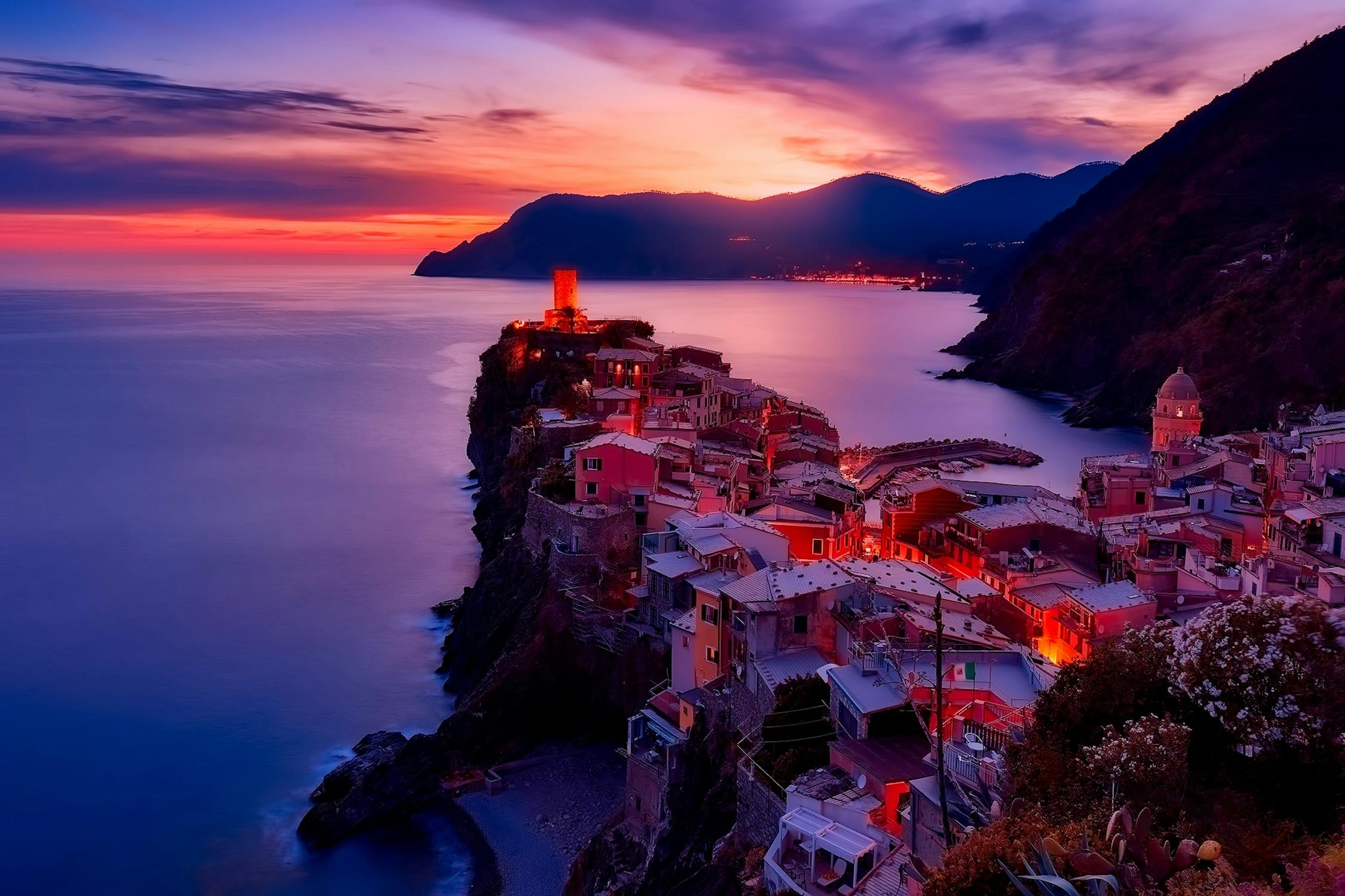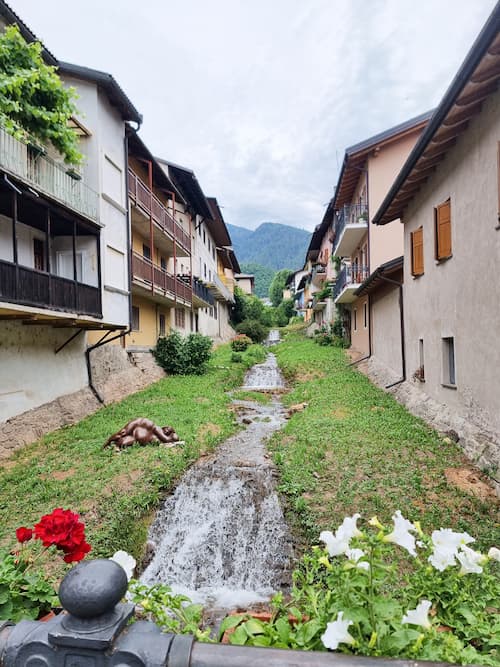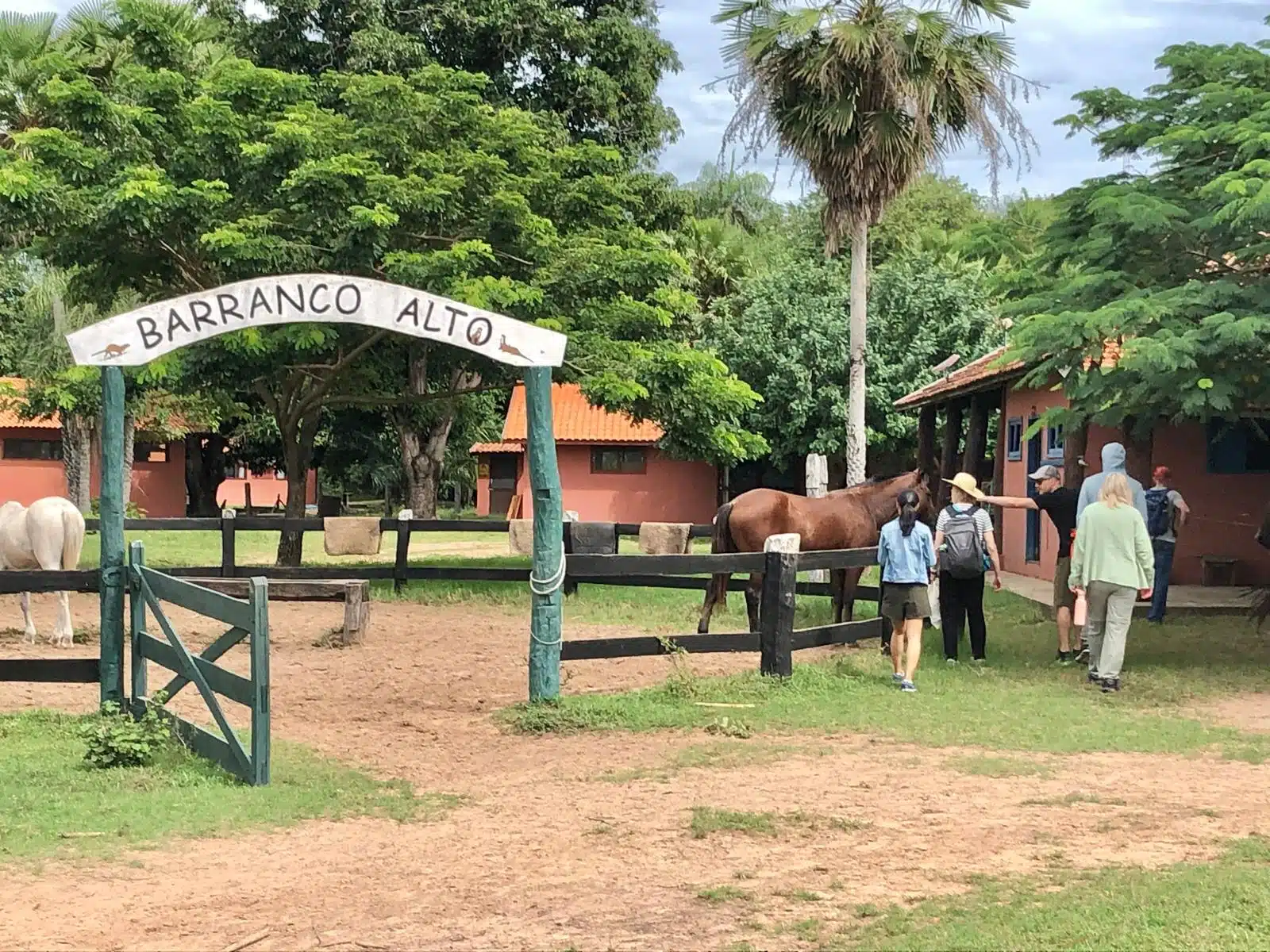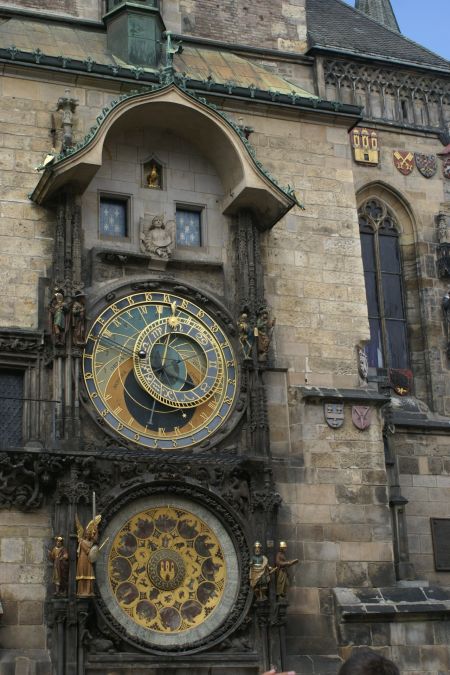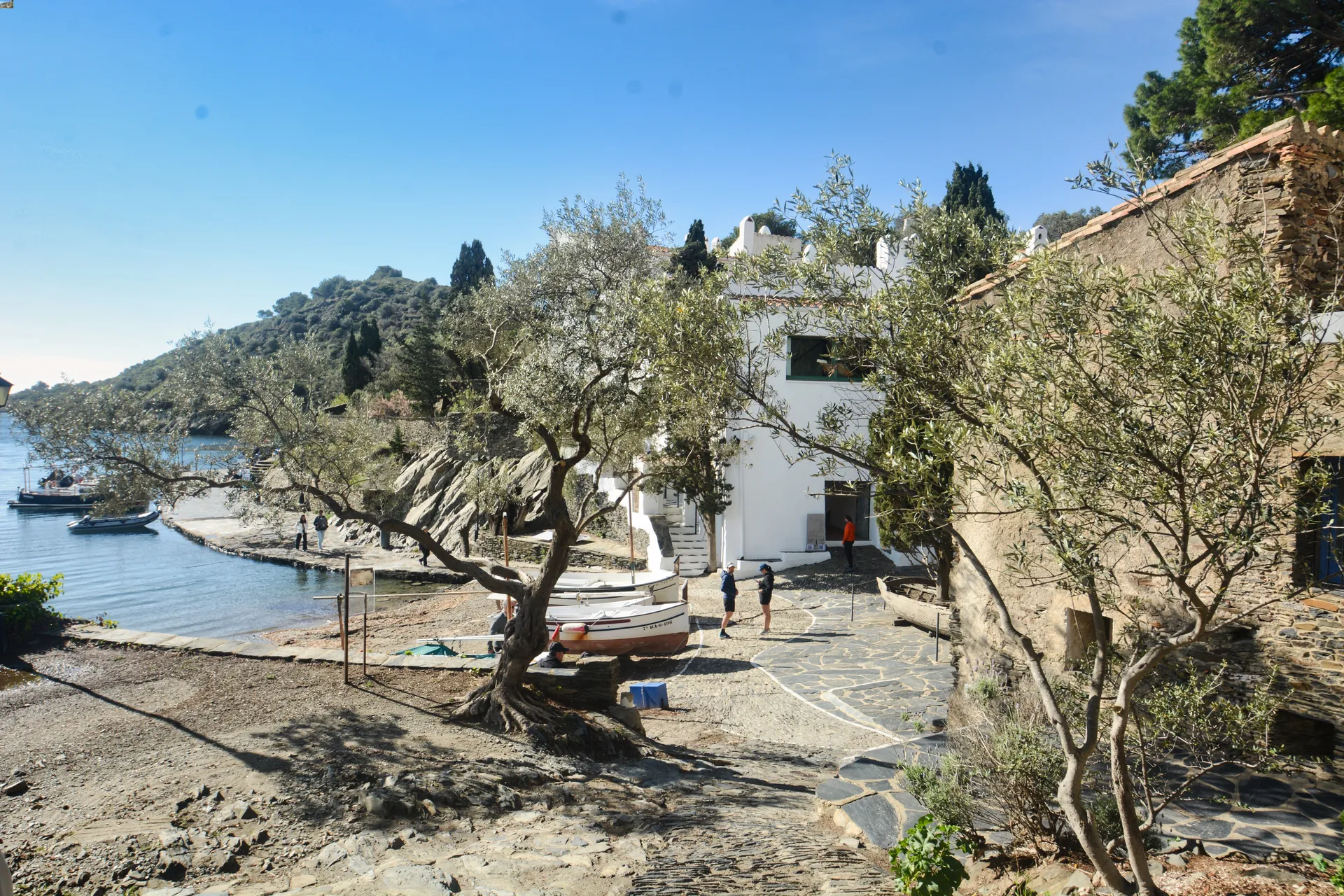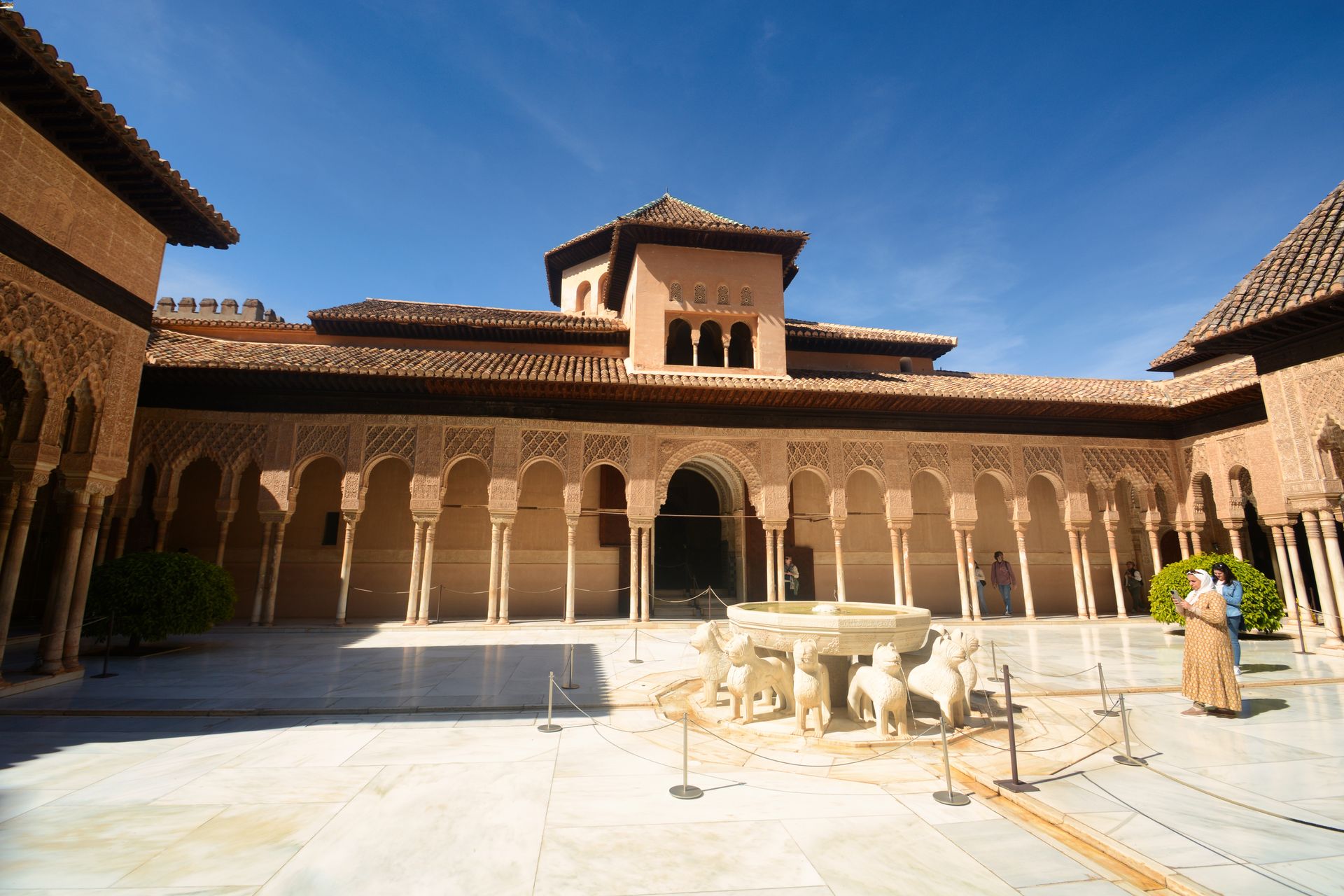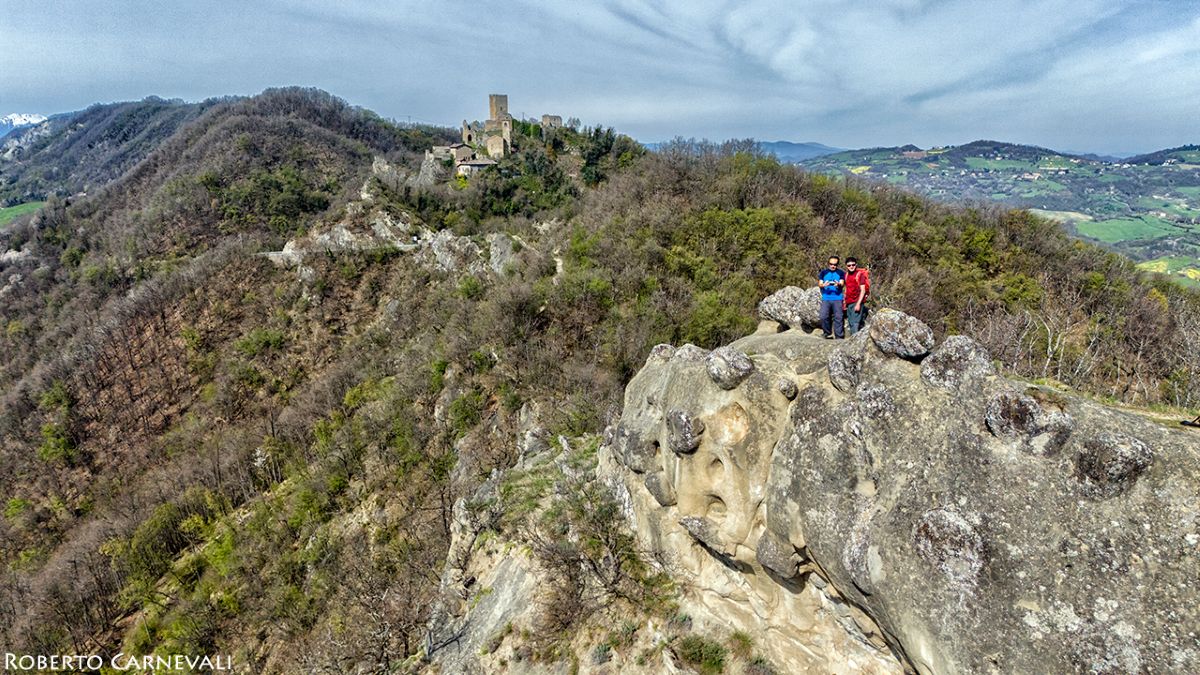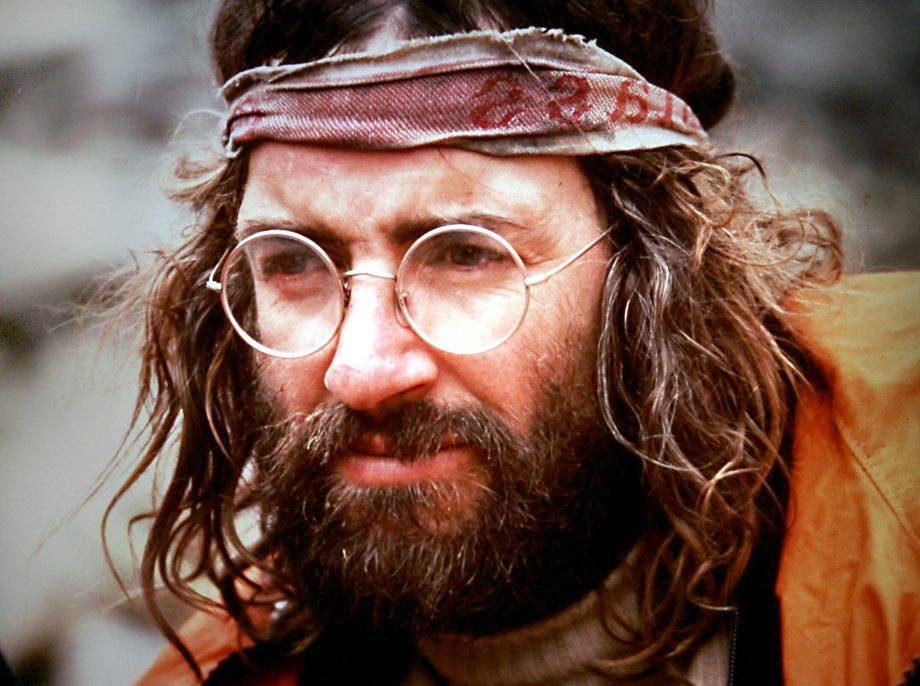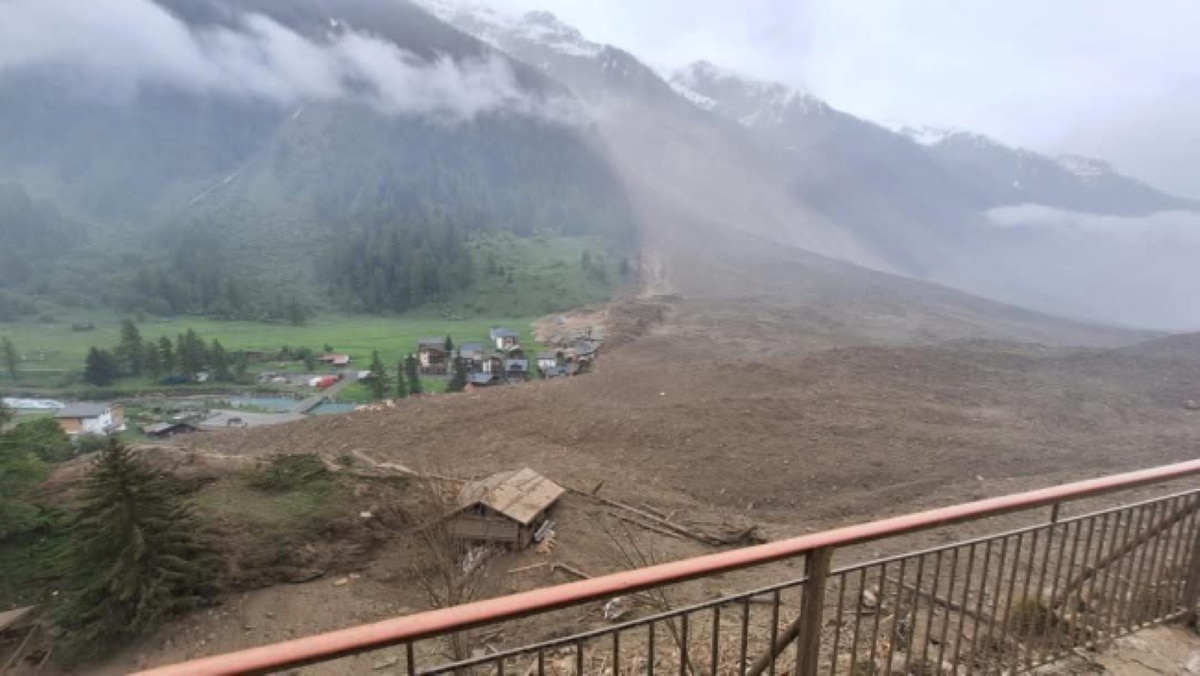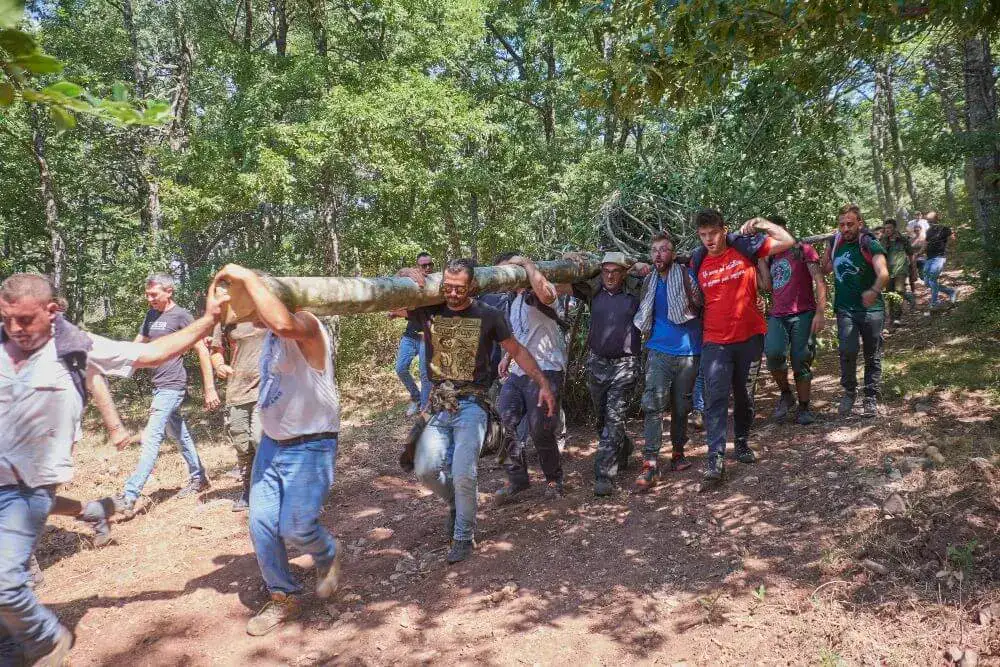Il nuovo Greg Willen non è per tutti (e va bene così). L’Intervista
La nuova virata musicale di Greg Willen, che ha abbracciato a pieno lo stile hardcore/hardtechno farà storcere il naso a qualcuno. Ma lui tira dritto. E questa collab, “Gutten Morgen”, con Myss Keta apre la strada ad un nuovo percorso. C’è un momento, nella traiettoria di ogni artista, in cui tutto si riallinea. Come se […] L'articolo Il nuovo Greg Willen non è per tutti (e va bene così). L’Intervista sembra essere il primo su Parkett.

La nuova virata musicale di Greg Willen, che ha abbracciato a pieno lo stile hardcore/hardtechno farà storcere il naso a qualcuno. Ma lui tira dritto. E questa collab, “Gutten Morgen”, con Myss Keta apre la strada ad un nuovo percorso.
C’è un momento, nella traiettoria di ogni artista, in cui tutto si riallinea. Come se le radici, i percorsi laterali, le derive più impulsive e le deviazioni più controverse trovassero finalmente una sintesi. Per Greg Willen, questo momento somiglia a un cerchio che si chiude – o forse, a una porta che si apre con decisione verso qualcosa di nuovo, ma profondamente suo.
Figlio di una famiglia dove la musica era già un linguaggio quotidiano, Greg non ha mai avuto bisogno di scegliere se fare musica. Piuttosto, ha dovuto solo capire quale musica fare. E, come spesso accade ai veri sperimentatori, la risposta è sempre stata “tutte, ma a modo mio”. Dal metal degli inizi – quello delle batterie martellanti e dei riff a cento all’ora – fino alla trap, passando per un’elettronica viscerale e sporca, il suo percorso è sempre stato dominato da un’urgenza fisica: trasformare tutto ciò che lo circonda in ritmo. In pulsazione. In movimento.
Oggi, con un singolo che segna una nuova fase e una collaborazione perfettamente dissonante con Myss Keta, Greg compie un salto. Non tanto di genere, quanto di visione. L’elettronica diventa il territorio principale di esplorazione, ma senza rinnegare nulla: né l’estetica hardcore, né l’attitudine da outsider, né l’ossessione per i dettagli che non stanno mai fermi. Quello che emerge, in fondo, è lo spirito con cui ha sempre affrontato la musica: instabile, affamato, ribelle.
In un panorama sempre più schiacciato da algoritmi e aspettative di mercato, Greg Willen resta uno di quelli che non si accontentano del beat giusto: lo smontano, lo sporcano, lo spingono oltre, cercando “quello sbagliato che suona meglio“. E forse è proprio questo – la sua capacità di restare fedele al caos interiore, pur mutando pelle – a rendere questa intervista qualcosa di più di un racconto: è un manifesto.
Vieni da una famiglia in cui già si masticava musica. Questo immagino sia stato qualcosa che ha facilitato il tuo immergerti nella musica. Cosa pensi di esser riuscito a trovare nella musica – all’epoca quanto oggi – che nessun’altro strumento riusciva a darti? Magari un linguaggio per comunicare?
In realtà è qualcosa di molto fisico, più che comunicativo. Non so come spiegarlo, ma fin da piccolissimo — tipo da quando avevo nove mesi — battevo ovunque: sul seggiolone, sulle sedie, sul pavimento. Ho sempre vissuto con un ritmo interno, come se tutto quello che mi circondava battesse il tempo: persone che camminano, oggetti che cadono, tutto.
Ho iniziato con la batteria, quindi il mio primo approccio è stato con il metal, un genere dove il ritmo è ossessivo, serrato. Ancora oggi ho sempre un ritmo in testa, 24 ore su 24; è una cosa che mi accompagna da sempre.
Più che un linguaggio, per me la musica è un bisogno, una necessità fisica. Se ascolti le mie produzioni, noterai che la componente ritmica è sempre un po’ “delirante”, un po’ come nei quadri di Van Gogh, dove tutto è in movimento e fuori dagli schemi.

Greg Willen
E com’è cambiato il tuo approccio alla musica oggi che la tratti a livello professionale? Intendo proprio nel modo di ascoltare le cose nuove.
Ho sempre più fame di ascolto, quindi vado sempre più deep. Mi piace sempre più roba che non piace a nessuno, ho proprio il bisogno. Sono una di quelle persone lì, che sono sempre stato un po’ controcorrente, però sono sempre una di quelle persone che, non lo so, se va il jazz di Detroit, io ascolto quello di Brooklyn, capito?
Quindi c’è una percezione cambiata, nel senso che mi sembra tutto un po’ molto flat, e quindi io poi, nelle mie produzioni, voglio sempre fare peggio e sempre più deep. Negli ascolti voglio sempre qualcosa di più intenso, e che poi così si crea il mainstream nuovo, secondo me, perché poi sono sempre sottoculture che diventano poi grosse. Quindi ricerco. C’è la percezione: una volta mi innamoravo anche delle cose molto di superficie, adesso fatico un po’. Sto diventando veramente complesso.
So che hai un background molto eterogeno. Anche io mi rivedo tanto. Penso sia una cosa che ha un po’ segnato la nostra generazione (io ’96 tu ’97), anche perché negli anni della nostra adolescenza iniziavano ad arrivare anche da noi quei fenomeni metal come gli Slipknot, i System of a Down, i Bullet o i Childern of Bottom. In retrospettiva quanto ti ha influenzato nella musica che oggi produci quel imprinting così hardcore? L’elettronica e il metal per quanto diversi condivido in parte un certo tipo di “natura”..
Totalmente. A parte che poi io, oltre che mentre ascoltavo il metal perché lo faccio con la band, avevo i miei amici che però ascoltavano la hardcore, quindi io avevo questi due estremi. Certo, quindi questo mi piaceva: una roba estrema. Perché quando sei piccolo, vuoi tanti stimoli.
Quando ho approcciato lo studio della batteria, volevo solo andare veloce e picchiare, perché mi piaceva il metal. Ma in realtà, forse, adesso, se riapprocciassi lo studio della batteria da capo, lo prenderei in una maniera un po’ più jazz, un po’ più figa. Perché quando sei più piccolo vuoi solo andare. Però questa roba, in realtà, a me ha aiutato molto. Cioè, se senti, alla fine, le influenze di quella roba si sentono in tutto quello che faccio, anche nelle cose più pop.

Greg Willen
Le tue produzioni ma da sempre parliamoci chiaramente non solo nell’ultima hai sempre portato un certo filone di produzioni a livello musicale molto hardcore molto spinto. Come vivi il portare questa dimensione più estrema al mondo dell’elettronica?
Ma in realtà lo vivo tranquillamente, perché è stata proprio una roba super naturale che io già avevo in mente, neanche da prima. Cioè io volevo fare il DJ di base. Cioè, il DJ e il produttore di musica elettronica.
Ma la percezione del pubblico rispetto al tuo background legato all’urban pensi ti abbia influenzato un po’ nel tempo?
Allora, all’inizio forse un po’ di paranoia me la facevo, mi dicevo: “Forse l’outsider fa paura.” Invece ti dirò che adesso che sto entrando veramente molto più dentro, conosco anche un sacco di gente molto grossa che fa quella roba… loro mi chiedono proprio: “Cazzo, ma sai che io vorrei fare il pop?” Mi dicono: “Sai che io vorrei fare una roba assurda?” C’è gente che magari fa palchi giganteschi, di festival e così, che mi dice: “Bello, ho saputo che facevi trap,” e si gasano. Mentre in realtà, forse tempo fa, era tutto un po’ più “settoriale”: o eri metallaro, o eri quello, eri quello. E a me sta roba mi è sempre stata addosso, perché io odio i generi. Odio le etichette.

Greg Willen & Myss Ketta
Una frase che ripeto spesso è “definire per limitare”: tu se vuoi limitare una qualsiasi cosa è sufficiente dargli una definizione e poi nel 2025 è stupidissimo parlare di generi musicali, anche se capisco che socialmente l’uomo debba categorizzare in contenitori.
Però i contenitori possono anche essere questi bicchieri: questo è il bicchiere del metal, questo è il bicchiere della techno. Puoi essere più bicchieri, puoi essere una dispensa (ride,ndr). Quindi i generi forse magari esistono perché è giusto, anche perché poi vivi in un mondo di playlist.
Però deve essere un po’ più flessibile, secondo me. Perché tempo fa, non lo so, non ti so fare degli esempi, però comunque Diplo non suonava a un festival techno. Magari adesso sì perché ora si è aperto proprio un ventaglio di possibilità molto più ampio. Non so se è per business, però a prescindere, fa bene.
Poi è arrivato la parte di produzione musicale in cui hai continuato a sperimentare tanto. Ed è un po’ un cerchio che si chiude questo singolo con Myss Keta perché riporta il focus sulla tua produzione di musica elettronica
Lei è stata proprio la cosa perfetta per quello. Ho detto: “Devo iniziare il mio percorso con te, perché sei la voce che mi può far parlare”. Poi abbiamo fatto questa roba che non è né italiano né niente, un po’ interlingua. Magari il prossimo pezzo sarà in italiano, chi lo sa. Però vorrei non parlare più in italiano, in generale. Questa è la mia necessità.
Myss Keta è la cosa giusta, perché ha una faccia che non è una faccia, quindi non sai dove collocarla. Ha una voce allucinante, per me forse la più bella che c’è. Parla e fa delle robe assurde. E poi il pezzo è in interlingua, praticamente, perché ci sono varie lingue e non si capisce un cazzo. È molto semplice e quadrato. Secondo me era la cosa giusta per iniziare il mio progetto.

Greg Willen
Andrò completamente controcorrente: da quando c’è stata questa nazional-popolarizzazione del club, del concetto di techno.. Percepisco molta più insicurezza: prima andavo a ballare, stavo nel mio stavo, ballavo e mi godevo la serata i chill. Ho notato sulla mia pelle che da quando la techno è diventata “per tutti” ci sono sempre più momenti di tensione. Come la vivi tu questa situazione?
Non lo so, io percepisco solo tante energie che mi arrivano e basta. Però, da fruitore, perché io vado anche spesso nei club quando c’è un artista figo, che dipende da cosa intendi come “tensione”. Però non l’ho mai troppo percepita. Forse perché cambia da posto a posto. Ci stanno iniziando a entrare molti ragazzini casual, che ci sta, sono molto contento, anzi, perché bisogna essere aperti, perché sennò diventa poi una mafia ristretta.
Diciamolo chiaramente: la “techno” è un po’ la nuova commerciale perché “piace a tutti” quelli che non la conoscono.
La roba che mi dà un po’ fastidio è che ormai il club era diventato veramente solo un luogo di spesa, cioè proprio di spendere. E invece bisognava forse spendere tempo al posto di spendere soldi, per capire quello che stavi facendo, chiacchierare, ballare.
Chiaro. Però prima se andavi nei club, piuttosto che alla serata dell’artista che ti interessava andavi con la voglia di scoprire, di conoscere, di imparare. Ora invece vedo un pubblico sempre più in balia della fear of missing out.
Forse la cosa che manca al ragazzo di oggi, ora non voglio fare quello che è “i ragazzi di una volta..”, perché non è così, sono giovane pure io. Però, almeno io, vedo che loro non hanno troppo non hanno voglia di andare oltre alla superficie.
Quindi dicono: “Se suona Greg, vado, perché è Greg.” Però in realtà no, perché c’è molto di più di Greg. Quello dopo magari è uno super forte e tu dici: “Massimo, non so chi è.” Invece no, vai a vederti il profilo, vedi per chi suona, cosa fa, con cosa esce, con l’etichetta, mi piace il suono, allora mi ascolto la gente di quell’etichetta. Questo deve essere! È quello il bello della musica!

Greg Willen
Ma anche nel rap tu hai sperimentato molto creando un sound caratteristico e personale. Qual è il beat di cui vai più orgoglioso? Io azzarderei su “Verano Zombie 3” in cui hai potuto mettere mani su un classico..
Se devo seguire il cuore, è veramente difficile. Ne ho fatti tanti in quel periodo, dal 2019 al 2023 quindi ogni tanto qualcuno mi scappa. In realtà, io sono nato e cresciuto con Noyz Narcos. Ti dirò pure questa: quando lui mi aveva scritto per fare Verano Zombie 3, io gli ho detto: “No, non lo posso fare.”
Poi lui mi ha detto che ero l’unico tra i giovani che lo avrebbe potuto fare e allora mi sono convinto. Alla fine è uscita in due ore, è impresa bene, è tipo un mito e basta. Però, sì, orgoglioso fosse effettivamente quello. Cioè, Greg di 15 anni non ci avrebbe mai creduto ad una roba del genere.
Ascoltando questo brano si sentono molto le influenze di un certo tipo di elettronica di fine anni ’90 inizi 2000, penso ad Emanuele Inglese o a Metempsicosi.
Io sono proprio cultore dell’hard style, tipo Zatox, quelle robe lì. Lui è un king. Essendo di Torino, noi abbiamo il culto dello “Shock”, che è un locale storico. E noi partivamo molto spesso con le navette, perché siamo un po’ ninja. Cioè, di Torino, ma in realtà di Cuneo.
E lì è nata proprio l’hard style italiana. La reverse bass, tutta quella roba. Poi mi piacciono anche tutte le robe olandesi, i classici Da Tweekaz, Brennan Heart, Noisecontrollers, tutta quella roba lì. Questo è proprio il mio background storico.
Poi da lì sono partito e ho iniziato a scoprire altro, come Adam Bayer. Ma perché poi cresci, quel genere iniziava a passare e gli altri iniziano ad arrivare. Ho ascoltato veramente tutto, sono arrivato pure alla Drum’n’Bass.
In un podcast hai sdoganato finalmente che il vero significato di rave è “festa”. Non necessariamente il racconto che viene proposto corrisponde alla realtà dei fatti.
No, allora, a me piacciono i club. Mi piace la berlinata, quella in cui stai dentro 12 ore. Mi piace proprio il club da 400 persone, non delirante, cioè non così pieno da non riuscire a respirare, ma dove hai il tuo spazio. Esci, fumi, parli con qualcuno, rientri… Mi piace quella roba lì.
I festival mi piacciono, però in realtà patisco un po’ il daytime in generale, e tutti i festival finiscono all’una al massimo, capito? A me poi… non è vero, dipende dai festival. Però diciamo che i main festival, quelli un po’ più mainstream, sì. Quindi no, io sono più da club, in realtà. Ecco, poi ci sono i rave.

Greg Willen
Tra il rave e il club come Gregory quale ti prende meglio?
Come artista, sempre club, sempre club. Cioè, non ho quella FOMO di dire: “Cavolo, voglio suonare di fronte a 100.000 persone”. Ovviamente, se vengono 20.000 persone ad ascoltarmi è meglio, però, a parte che mi sbatto di più a suonare in un club, proprio prima sento più l’ansia quando c’è la gente lì.
E poi dopo, quando metto la prima traccia, mi parte: “Ok, sono qua.” La gente si diverte, li vedi, sono proprio attaccati a te, li vedi che saltano, ti toccano. Mi piace di più.
Invece il palco è un po’ asettico. Crea più distanza. Troppo lontano: ho suonato in vari festival, così… non lo so. Bello, ma mi sento un po’ solo.
Qual è la tua posizione sui rave ad oggi?
Sono davvero affascinato dalla cultura rave, perché sono dei cazzo di miti che prendono e vanno in posti dove non c’è niente. È proprio la massima forma di protesta politica.
Questa musica, l’elettronica, mi affascina davvero. Quel tipo di techno fatta con le macchine, tutta velocissima, delirante, ipnotica. A me quella roba lì piace, anche se in un club non la puoi suonare, perché non è proprio adatta. È una roba veramente sportiva.
Io sono parecchio legato a quell’ambiente. Non li sento più, perché erano nel mio paesino in provincia di Torino, però c’erano degli amici che avevano dei sound.
Si compravano le casse, se le costruivano a mano. C’era tutta una cultura dietro che mi faceva volare. Tutta quella roba lì è fighissima. È una cosa che, per me, va protetta. Non è una roba da distruggere. Però l’anarchia è totale, è il contraccolpo. Io ero piccolo, 16 anni, 17. Ho visto gente molto più giovane, 13, 14 anni. Ecco, forse lì la comunità raver dovrebbe limitare un po’. Dovrebbe mettere dei paletti, e non essere troppo verticale solo su quello. Che ci siano magari corsi di yoga durante la musica, che non sia solo droga e ballare.
Perché non è solo quello.
Ora il mondo della notte si è decisamente allargato, forse anche troppo per certi aspetti. Molti sono turisti che vivono la festa per il gusto di esserci e non per l’energia che stare in quel contesto porta con se. C’è ancora una differenza tra il noi (clubbers) e loro (fruitori casual) nel modo di vivere la notte?
È una domanda molto complessa, però secondo me è come quando dici: “Fammi provare ad andare a vedere quel film.” Sei un appassionato di horror e vuoi andare a vedere un romanzo. Più o meno è la stessa cosa. Lo vai a vedere con appassionati di romanzi, e loro sono lì a dire: “Minchia, hai visto la ripresa? La sequenza incredibile? La fotografia incredibile!”
E tu dici: “Sì, ma dov’è il sangue, no?” Però magari la seconda volta ci ritorni e inizi a capire anche tu cos’è la fotografia. Secondo me è curiosità mista a una certa saturazione della cosa. Adesso credo che ci siano più serate techno che rap a Milano, e comunque in giro se la battono.
Per fortuna in italia abbiamo finalmente sdoganato il rap, per ora bene così.ù
Esatto, i rapper non si sentivano capiti. Adesso magari è il clubber a non sentirsi capito. Ma piano piano stiamo iniziando a essere capiti, quello è. Secondo me è solo positivo, non è negativo, a patto che non si portino casini dentro i club. Tutte quelle cose lì.
Cosa ne pensi invece della questione “NO PHONE POLICY”?
A me piace perché mi piace. Io poi sono uno che veramente considera il telefono come l’allungamento della mia mano, però mi piace che in un momento si stacchi.
Sì, che poi in realtà, quando non c’è la no phone policy, ti dico la verità: nel club comunque ballano. Poi c’è quella traccia che magari metto e vedo proprio che tutti prendono il telefono, e vabbè, però ci sta.
Anche MYSS KETA rappresenta un po’ quel cigno nero all’interno della discografia italiana che ha saputo portare un passato musicale e riattualizzarlo in chiave moderna. È stato questo il punto di incontro tra voi due?
Io gli avevo prodotto “Finimondo”, e quindi questo nuovo brano, come mi dicevi, è stato tutto molto naturale: vi siete trovati subito a lavorare, ha capito subito dove volevate portare il brano, è nato così.
Il brano, praticamente, è anche questo divertente. Non so se ti ricordi Mike Lennon. Adesso si chiama Lenny Richard, ha cambiato nome, fa UK Garage anche lui, si è spostato qua. Praticamente, ho iniziato a entrare in contatto con lui perché, di base, abita vicino a me. Adesso poi abbiamo aperto anche un side project dove siamo otto producer… vabbè, una roba che poi sentirai parlare, una roba matta.
Fatto sta che Mike aveva nell’hard disk questo pezzo, Guten Morgan, del 2018, che aveva fatto lui con Misketa. Un pezzo che però era a 120 bpm, un po’ scarico, e stava lì a morire. Io l’ho sentito, mi hanno chiamato: “Le voci spaccano, perché sono semplici, stupide.” Gli ho detto: “Passamele.”
Quindi ho preso le voci e l’ho rifatto. A Myss Keta ha fatto volare. Ci siamo trovati e basta.
Dell’elettronica mi ha sempre affascinato il grande senso di libertà, che alle volte viene un po’ a mancare in certi club. Ti propongo un gioco in chiusura. Scegli: Club o Festival? Meglio suonare come DJ o ballare nel pubblico? Olanda o Torino?
Decisamente meglio Club. A suonare. E, anche se è difficile, ti direi Olanda.
Grazie per la bella chiacchierata! (Questo di sotto è il risultato del sogno lucido di Greg Willen)

ENGLISH VERSION
There are artists who build their identity one brick at a time, moving cautiously between trends and expectations. And then there are those who prefer to burn everything down and start again — each time with more fire. Greg Willen doesn’t have a linear path: his story is made of explosions. From the first beats on chairs as a child to the stages of trap and hardcore, up to this new evolution made of electronic frequencies and acid rhythms.
Greg has always chased the pulse. A physical need to move the air with sound. Raised in a musical family, he could have followed a more comfortable path. But he chose chaos. Metal and jazz, rap and hardcore, clubs and analog dirt. A contradictory path, but never confused. Guided by an inner compass that has always pointed in one direction: experimentation.
This interview captures a decisive moment in his artistic path. A moment where the need to destroy boundaries and definitions becomes impossible to hold back. With the release of his new single with Myss Keta, Greg doesn’t just explore a new sonic world — he claims it as his own. The club becomes a temple. Rhythm becomes prophecy. And the beat is no longer background: it’s a statement of intent.
Welcome to the new era of Greg Willen. Where genre is just a word, and music — finally — becomes pure energy.
You come from a family where music was already around. I imagine that was something that made it easier for you to immerse yourself in music. What do you think you were able to find in music – then as now – that no other instrument could give you? Maybe a language to communicate?
It’s actually something very physical, more than communicative. I don’t know how to explain it, but since I was very little – like since I was nine months old – I used to beat everywhere: on the high chair, on the chairs, on the floor. I’ve always lived with an internal rhythm, as if everything around me was beating time: people walking, objects falling, everything.
I started with the drums, so my first approach was with metal, a genre where the rhythm is obsessive, tight. Even today I always have a rhythm in my head, 24 hours a day; it’s something that has always been with me.
More than a language, for me music is a need, a physical necessity. If you listen to my productions, you’ll notice that the rhythmic component is always a bit “delirious”, a bit like in Van Gogh’s paintings, where everything is in motion and outside the box.
And how has your approach to music changed now that you’re dealing with it on a professional level? I mean in the way you listen to new things.
I’m always more hungry to listen, so I’m always going I’m one of those people, who’ve always been a little against the grain, but I’m always one of those people who, I don’t know, if Detroit jazz is popular, I listen to Brooklyn jazz, you know?
So there’s a changed perception, in the sense that everything seems a bit flat to me , and so then, in my productions, I always want to do worse and deeper. In the listening I always want something more intense, and then in this way the new mainstream is created, in my opinion, because then they are always subcultures that then become big. So I research. There’s the perception: once I fell in love even with very superficial things, now I struggle a bit. I’m becoming really complex.
I know you have a very heterogeneous background . I see myself in it a lot too. I think it’s something that has marked our generation a bit (I was ’96, you were ’97), also because in our adolescence those metal phenomena like Slpknot , System of a Down, Bullet or Children of Bottom started to arrive here too. In retrospect, how much did that hardcore imprinting influence you in the music you produce today ? Electronic and metal, although different, share in part a certain type of “nature “..
Totally. Besides the fact that I, in addition to listening to metal because I do it with the band, had my friends who listened to hardcore, so I had these two extremes. Sure, so I liked this: extreme stuff. Because when you’re young, you want a lot of stimuli.
When I approached studying drums, I just wanted to go fast and hit, because I liked metal. But in reality, maybe, now, if I approached studying drums again, I would take it in a slightly more jazzy, slightly cooler way. Because when you’re younger you just want to go.
But this stuff, in reality, helped me a lot. I mean, if you feel, in the end, the influences of that stuff are felt in everything I do, even in the more pop stuff.
Your productions but let’s talk clearly since always not only in the last one you have always brought a certain line of productions at a very hardcore very pushed musical level. How do you experience bringing this more extreme dimension to the world of electronics?
But actually I live it calmly, because it was just a super natural thing that I already had in mind, not even before. I mean, I wanted to be a DJ basically. I mean, a DJ and an electronic music producer.
But do you think the public perception of your urban background has influenced you a bit over time?
Well, at the beginning maybe I was a little paranoid, I said to myself: “Maybe the outsider is scary.” Instead I’ll tell you that now that I’m really getting into it, I also know a lot of really big people who do that stuff… they ask me: “Damn, you know I’d like to do pop?” They say to me: “You know I’d like to do something absurd?” There are people who maybe do gigantic stages, at festivals and so on, who say to me: “Cool, I heard you were doing trap,” and they get excited.
While in reality, maybe a while ago, it was all a little more “sectoral”: either you were a metalhead, or you were that, you were that. And this stuff has always stuck with me, because I hate genres. I hate labels.
A phrase that I often repeat is “define to limit”: if you want to limit something, it is enough to give it a definition and then in 2025 it is very stupid to talk about musical genres, even if I understand that socially man must categorize into containers.
But the containers can also be these glasses: this is the metal glass, this is the techno glass. You can be more glasses, you can be a pantry ( laughs, ed. ). So the genres maybe exist because it’s right, also because you live in a world of playlists.
But it needs to be a little more flexible, in my opinion. Because some time ago, I don’t know, I can’t give you examples, but anyway Diplo didn’t play at a techno festival. Maybe now he does because now a much wider range of possibilities has opened up. I don’t know if it’s for business, but regardless , it’s good.
Myss closes Keta because it brings the focus back to your electronic music production
She was just the perfect fit for that. I said, “I have to start my journey with you, because you are the voice that can make me speak.” Then we did this stuff that is neither Italian nor anything, a little bit Interlingua. Maybe the next piece will be in Italian, who knows. But I would like to not speak Italian anymore, in general. That is my need.
Myss Keta is the right thing, because she has a face that is not a face, so you don’t know where to put her. She has an amazing voice, for me maybe the most beautiful there is. She speaks and does absurd things. And then the piece is in Interlingua, practically, because there are various languages and you don’t understand a damn thing. It’s very simple and square. In my opinion it was the right thing to start my project.
I’ll go completely against the grain: since there has been this nationalization of the club, of the concept of techno… I feel much more insecure: before I went dancing, I was in my room, I danced and enjoyed the evening chill . I have noticed on my skin that since techno has become “for everyone” there are more and more moments of tension. How do you experience this situation?
I don’t know, I just feel a lot of energy that just comes to me. However, as a user, because I also often go to clubs when there’s a cool artist, it depends on what you mean by “tension”. However, I’ve never felt it too much. Maybe because it changes from place to place.
A lot of casual kids are starting to come in, which is fine, I’m very happy, in fact, because you have to be open, because otherwise it becomes a narrow mafia.
Let’s say it clearly: “techno” is a bit like the new commercial because “everyone likes it” even those who don’t know it.
The thing that bothers me a little is that the club had really become just a place for spending, that is, for spending. And instead, perhaps you should have spent time instead of spending money, to understand what you were doing, chatting, dancing.
Sure. But before, if you went to clubs, rather than to the evening of the artist you were interested in, you went with the desire to discover, to know, to learn. Now, however, I see an audience increasingly at the mercy of the fear of missing out .
Maybe the thing that is missing in today’s boy, now I don’t want to be what “the boys of the past… ” are, because it’s not like that, I’m young too. However, at least I, I see that they don’t have too much, they don’t want to go beyond the surface.
So they say, “If Greg plays, I’ll go, because it’s Greg.” But in reality, no, because there’s so much more than Greg. The next guy might be super cool and you say, “Massimo, I don’t know who he is.” But no, you go and look at his profile, see who he plays for, what he does, what he’s coming out with, the label, I like the sound, so I listen to the people on that label. That’s what it has to be! That’s the beauty of music!
But also in rap you have experimented a lot creating a characteristic and personal sound. What is the beat you are most proud of? I would venture on “ Verano Zombie 3 ” where you were able to get your hands on a classic..
If I have to follow my heart, it’s really difficult. I did a lot of them in that period, from 2019 to 2023, so every now and then I get one. In reality, I was born and raised with Noyz Narcos. I’ll tell you this too: when he wrote to me to do Verano Zombie 3 , I told him: “No, I can’t do it.”
Then he told me that I was the only young person who could do it and then I was convinced. In the end it came out in two hours, it’s a good feat, it’s like a myth and that’s it. But, yes, proud that it was actually that. I mean, 15-year-old Greg would never have believed something like that.
Listening to this song you can hear the influences of a certain type of electronic music from the late 90s and early 2000s, I’m thinking of Emanuele Inglese or Metempsicosi.
I’m really into hard style, like Zatox , that kind of stuff. He’s a king. Being from Turin, we have a cult of “Shock”, which is a historic place. And we would leave very often with the shuttles, because we’re a bit ninja. I mean, from Turin, but actually from Cuneo. And that’s where the Italian hard style was born. Reverse bass , all that stuff. Then I also like all the Dutch stuff, the classics Da Tweekaz , Brennan Heart, Noisecontrollers , all that stuff. That’s really my historical background . Then I started from there and I started to discover other things, like Adam Bayer. But then you grow up, that genre started to pass and the others start to arrive. I really listened to everything, I even got to Drum’n’Bass .
In a podcast you finally cleared the truth that the true meaning of rave is “party”. The story that is proposed does not necessarily correspond to the reality of the facts.
No, well, I like clubs. I like the berlinata , the one where you stay inside for 12 hours. I really like the 400-person club, not crazy, that is, not so full that you can’t breathe, but where you have your own space. You go out, you smoke, you talk to someone, you come back… I like that stuff.
I like festivals, but in reality I suffer a bit during the daytime in general, and all festivals end at 1 at the latest, you know? And for me… it’s not true, it depends on the festival. But let’s say that the main festivals, the more mainstream ones, yes. So no, I’m more into clubs, actually. Well, then there are the raves.
Between rave and club like Gregory, which one appeals to you better?
As an artist, always club, always club. I mean, I don’t have that FOMO of saying: “Damn, I want to play in front of 100,000 people”. Obviously, if 20,000 people come to listen to me it’s better, but, aside from the fact that I work harder to play in a club, right beforehand I feel more anxious when there are people there.
And then after, when I put the first track on, I start going: “Okay, I’m here.” People are having fun, you see them, they’re really attached to you, you see them jumping, touching you. I like it better.
The stage is a bit aseptic. It creates more distance. Too far: I’ve played at various festivals, so… I don’t know. Nice, but I feel a bit lonely.
What is your stance on rave today?
By the way, I was the one who was staying there, so I never went back there. And then actually that’s why Italians think that way, but it’s like that.
The fact is that I’m really fascinated by rave culture, because they are fucking legends who take and go to places where there is nothing. It’s really the ultimate form of political protest.
This music, electronica, really fascinates me. That kind of techno made with machines, all very fast, delirious, hypnotic. I like that stuff, even if you can’t play it in a club, because it’s not really suitable. It’s really sporty stuff.
I am very attached to that environment. I don’t hear them anymore, because they were in my little town in the province of Turin, but there were some friends who had some sounds.
They bought the speakers, they built them by hand. There was a whole culture behind it that made me fly. All that stuff is really cool. It’s something that, for me, should be protected. It’s not something to destroy. But the anarchy is total, it’s the backlash. I was little, 16, 17.
I saw people much younger, 13, 14. Well, maybe the raver community should limit it a bit. It should set some limits, and not be too vertical only on that. Maybe there should be yoga classes during the music, that it’s not just drugs and dancing. Because it’s not just that.
Now the world of nightlife has definitely expanded, perhaps even too much in some respects. Many are tourists who experience the party for the pleasure of being there and not for the energy that being in that context brings with it. Is there still a difference between us ( clubbers ) and them (casual users) in the way we experience the night?
It’s a very complex question, but I think it’s like when you say, “Let me try to go see that movie.” You’re a horror fan and you want to go see a novel. It’s more or less the same thing. You go see it with novel fans, and they’re there saying, “Holy shit, did you see the shot? The incredible sequence? The incredible photography!”
And you say: “Yes, but where is the blood, right?” But maybe the second time you go back and you too begin to understand what photography is. In my opinion it is curiosity mixed with a certain saturation of the thing. Now I think there are more techno nights than rap in Milan, and in any case they are out there.
Luckily in Italy we have finally cleared rap, for now it’s good like this.
Exactly, rappers didn’t feel understood. Now maybe it’s the clubber who doesn’t feel understood. But little by little we’re starting to be understood, that’s it. In my opinion it’s only positive, it’s not negative, as long as we don’t bring trouble into the clubs. All that stuff.
What do you think about the “NO PHONE POLICY” issue?
I like it because I like it. I’m someone who really considers the phone as an extension of my hand, but I like that it can be disconnected at a moment’s notice.
Yeah, and then actually, when there’s no no phone policy, I’ll tell you the truth: in the club they still dance. Then there’s that track that maybe I put on and I see that everyone picks up their phone, and well, but that’s okay.
MYSS KETA also represents a bit of a black swan within the Italian discography that was able to bring a musical past and update it in a modern key. Was this the meeting point between the two of you?
I had produced “ Finimondo” for him , and so this new song, as you were telling me, was all very natural: you found yourself working straight away, he immediately understood where you wanted to take the song, and that’s how it was born.
The song, basically, is also funny. I don’t know if you remember Mike Lennon. Now he’s called Lenny Richard, he changed his name, he does UK Garage too, he moved here. Basically, I started getting in touch with him because, basically, he lives near me. Now we’ve also opened a side project where we are eight producers… well, something that you’ll hear about later, something crazy.
The fact is that Mike had this piece on his hard drive, Guten Morgan , from 2018, that he had done with Misketa . A piece that was at 120 bpm, a little low, and was there dying. I heard it, they called me: “The vocals are amazing, because they are simple, stupid.” I told them: “Pass them to me.”
So I took the voices and redid it. A Myss Keta made it fly. We just found each other.
I have always been fascinated by the great sense of freedom of electronics, which is sometimes lacking in certain clubs. I propose a closing game.
- Club
- Console
- Netherlands

L'articolo Il nuovo Greg Willen non è per tutti (e va bene così). L’Intervista sembra essere il primo su Parkett.
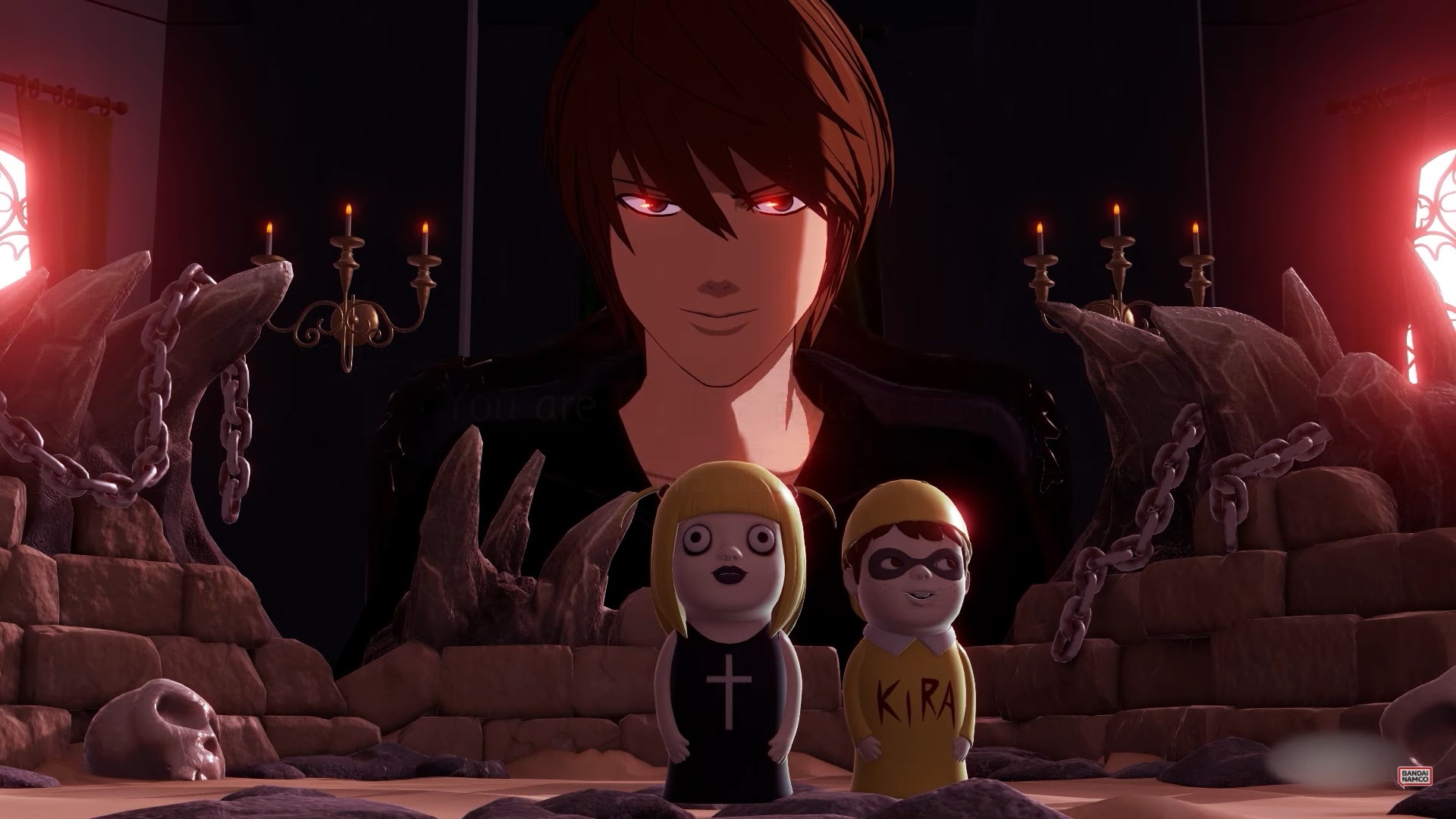
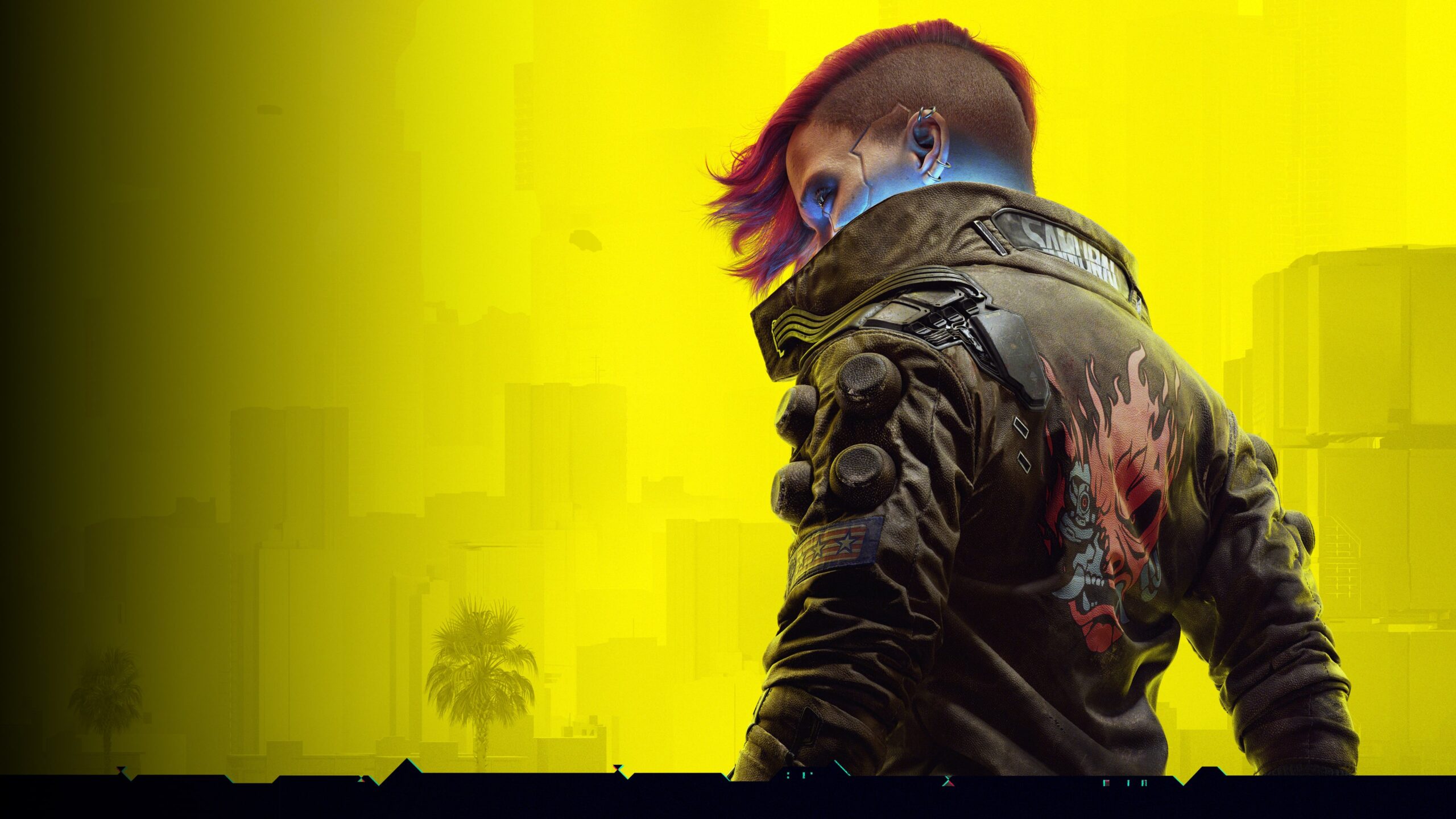
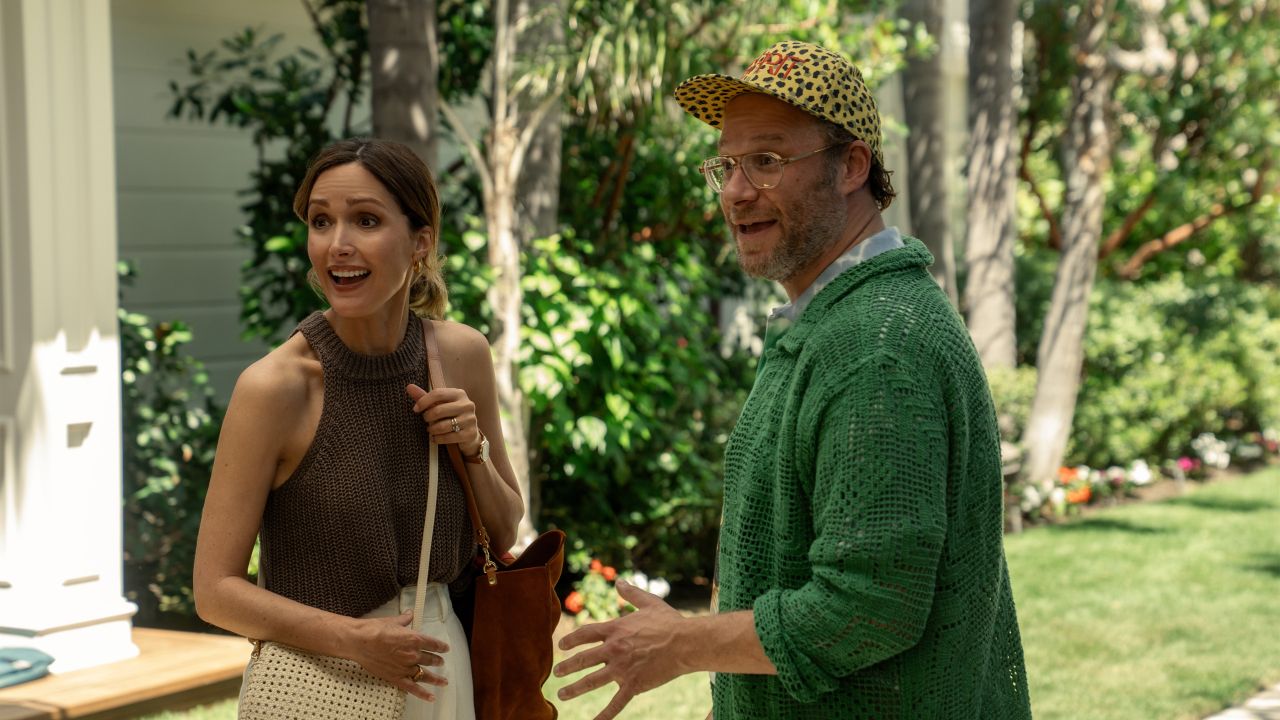
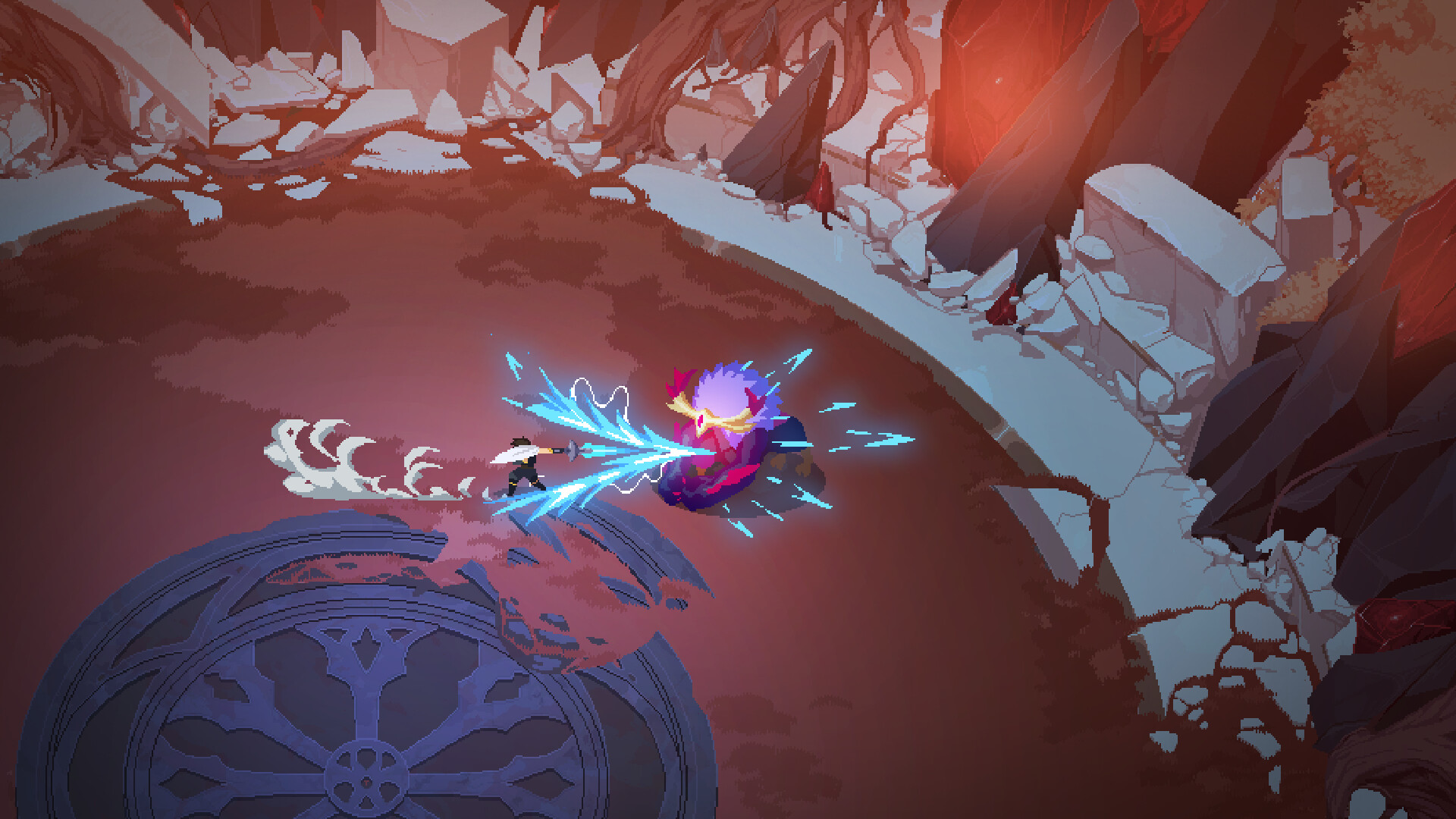











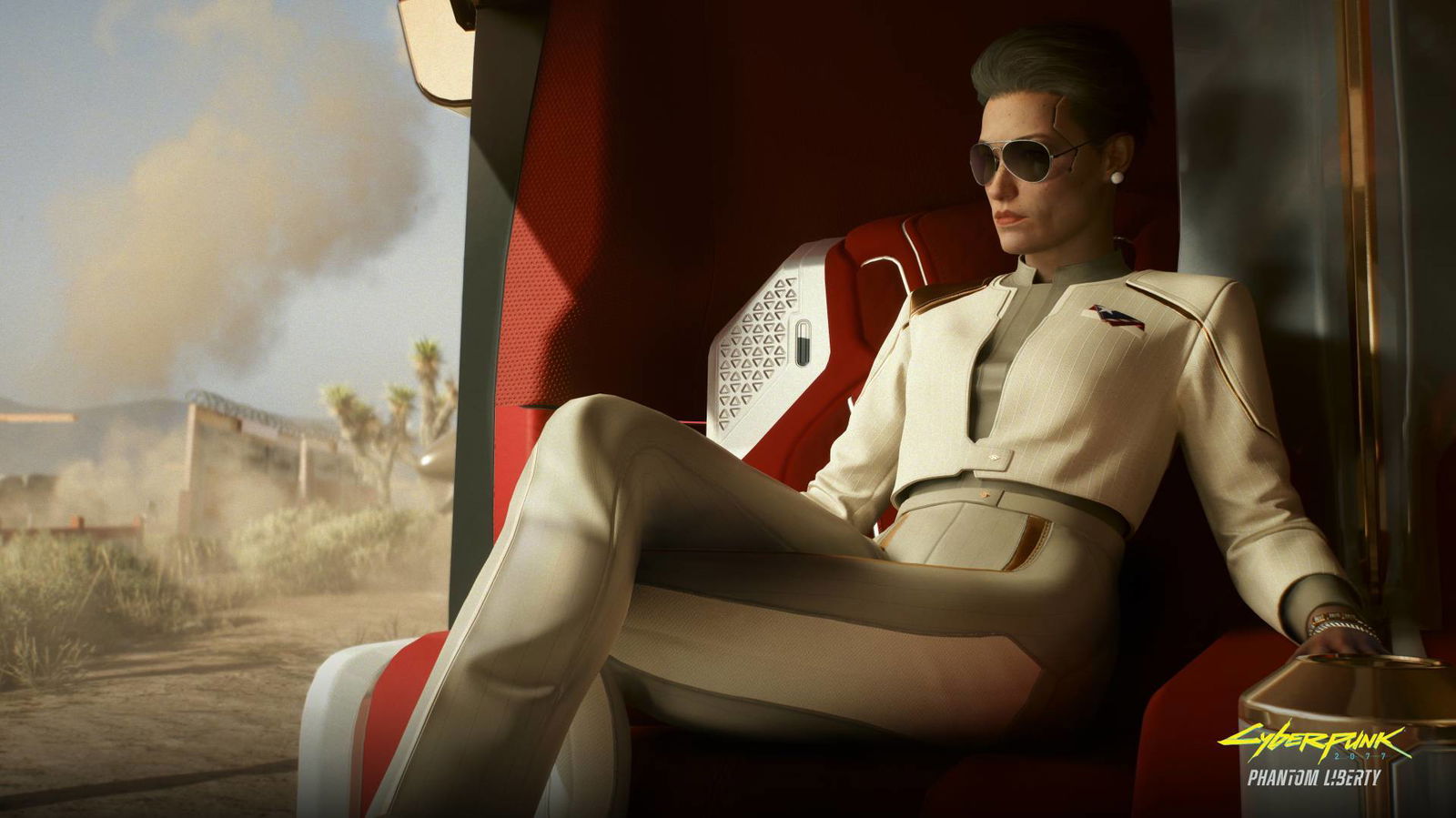
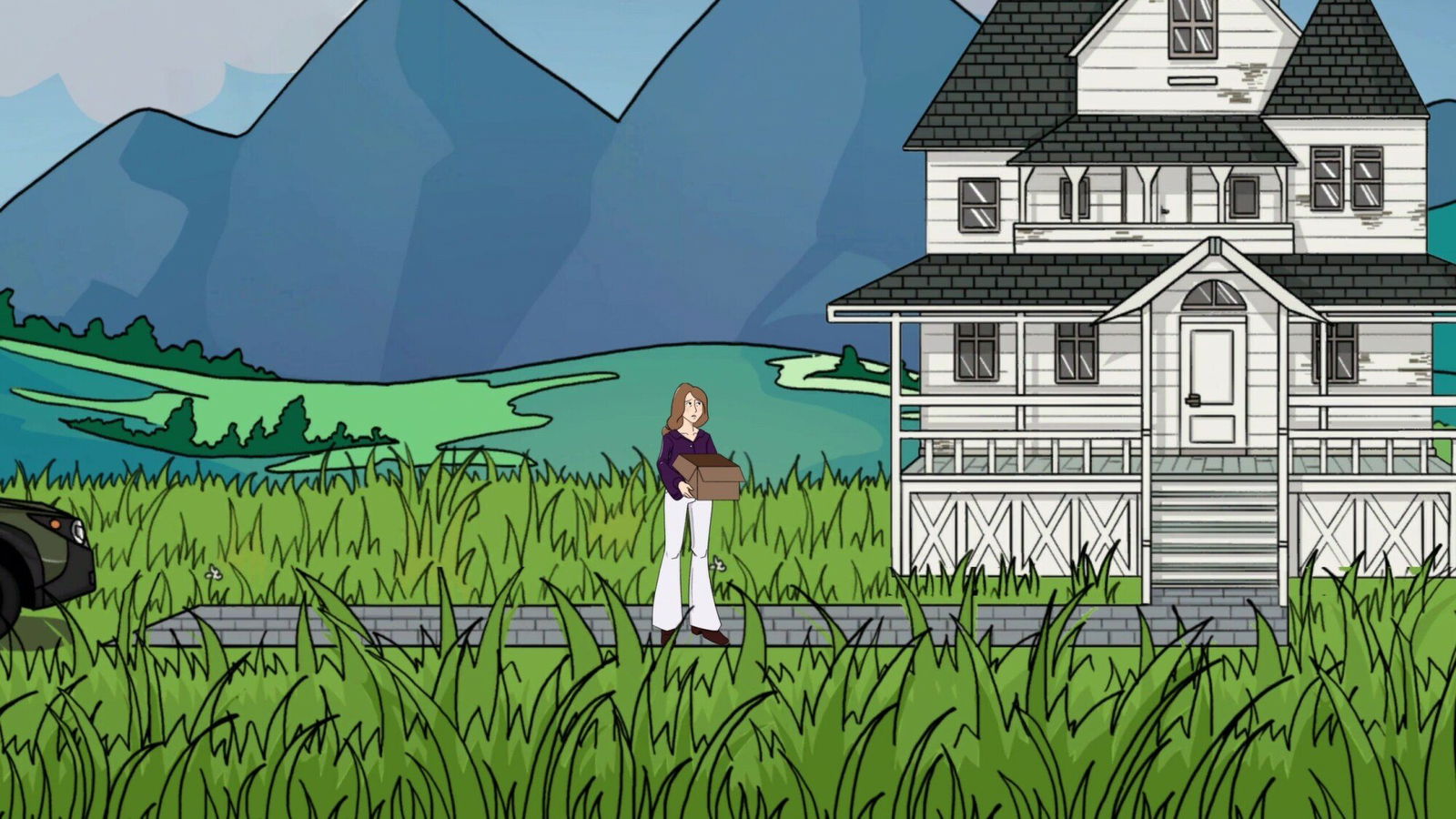

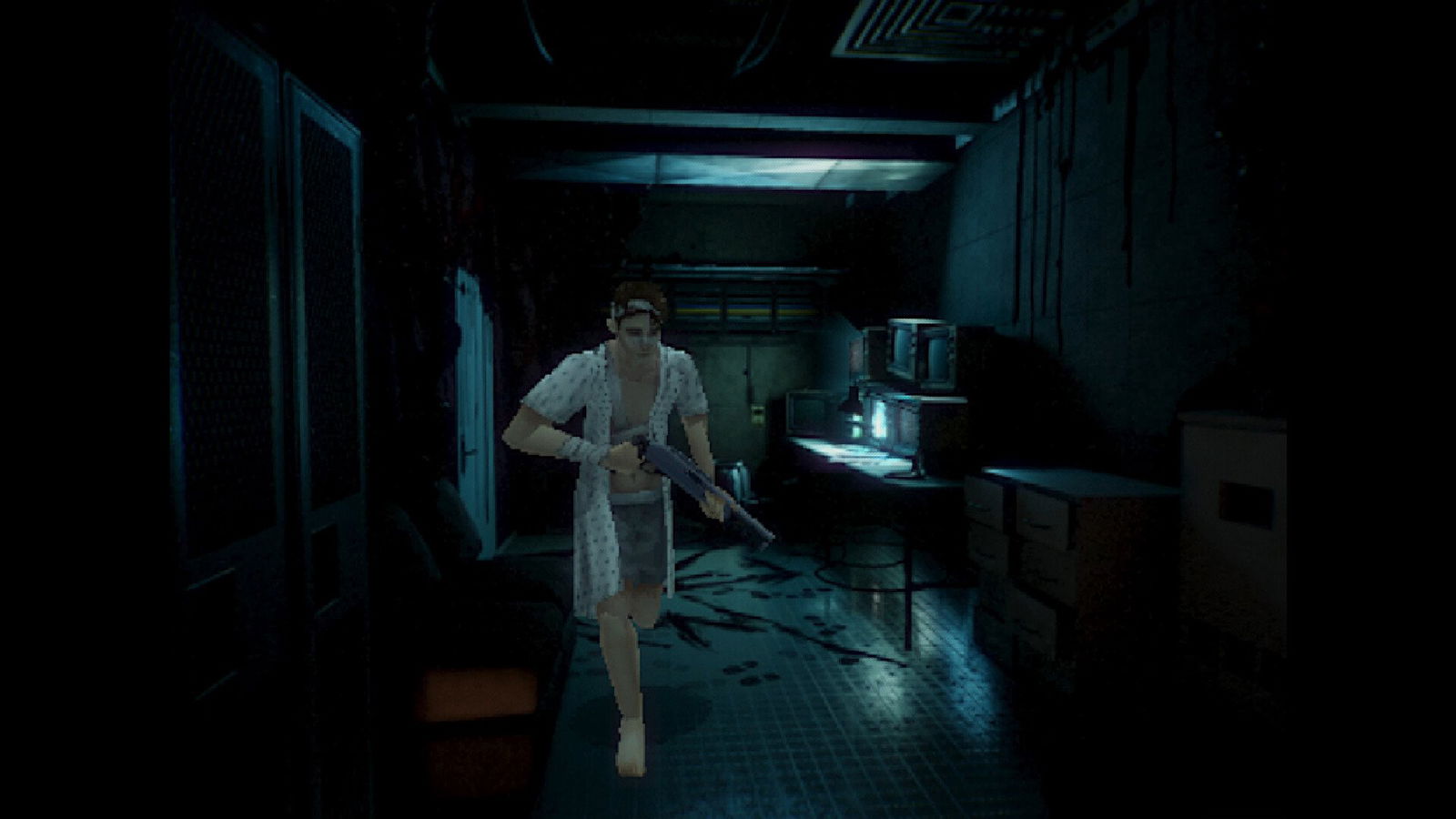








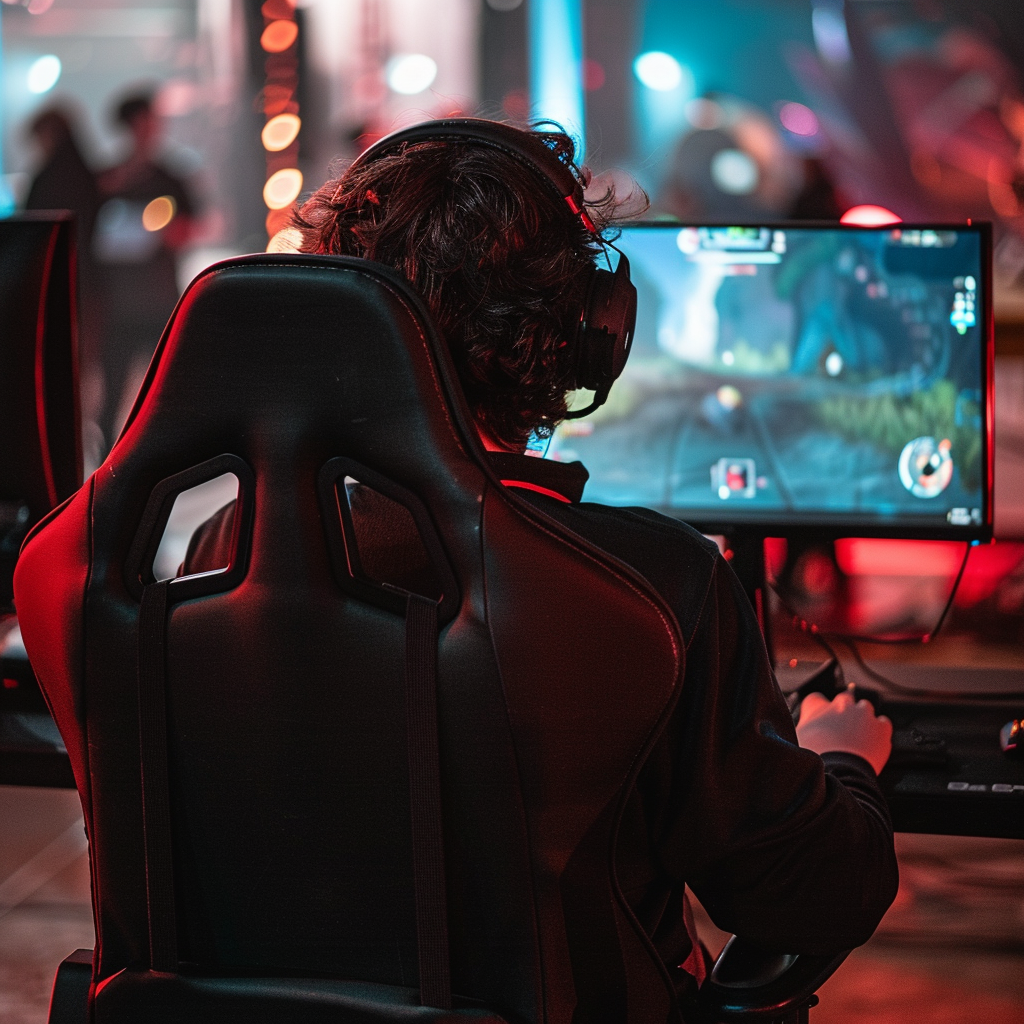

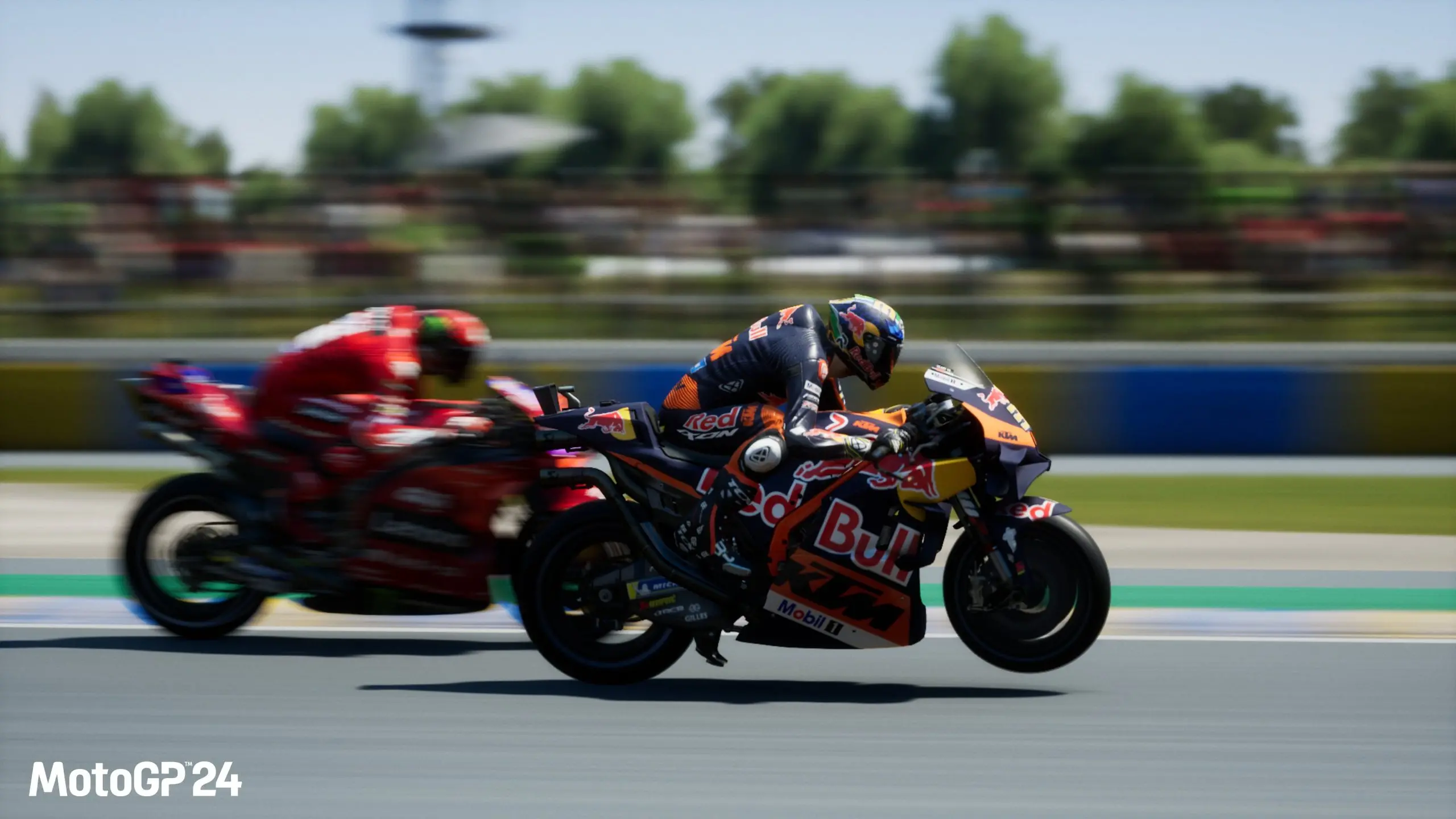






























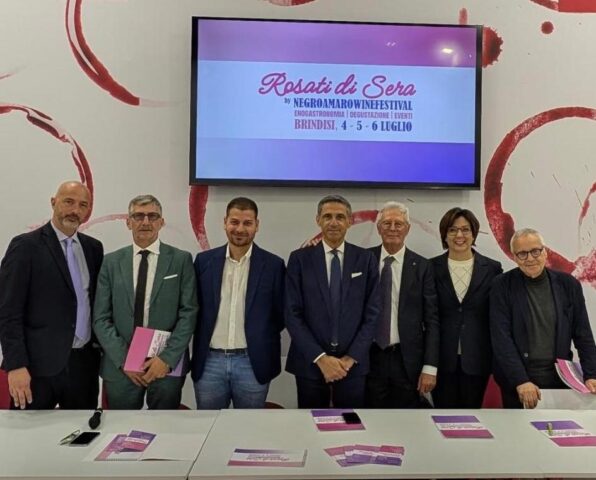






















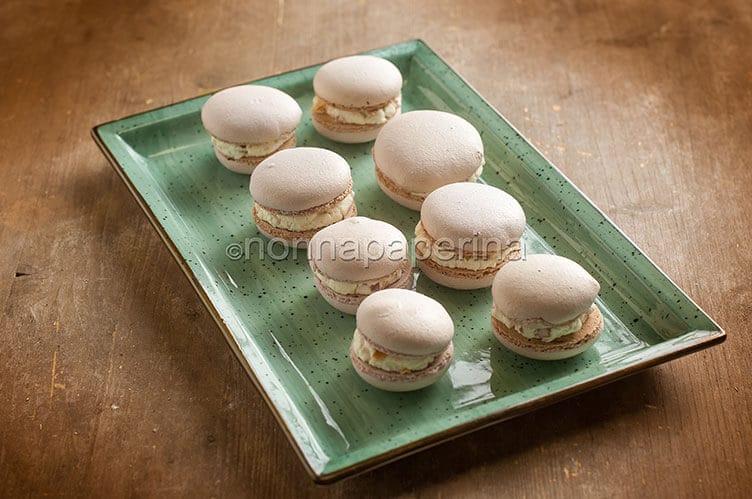






























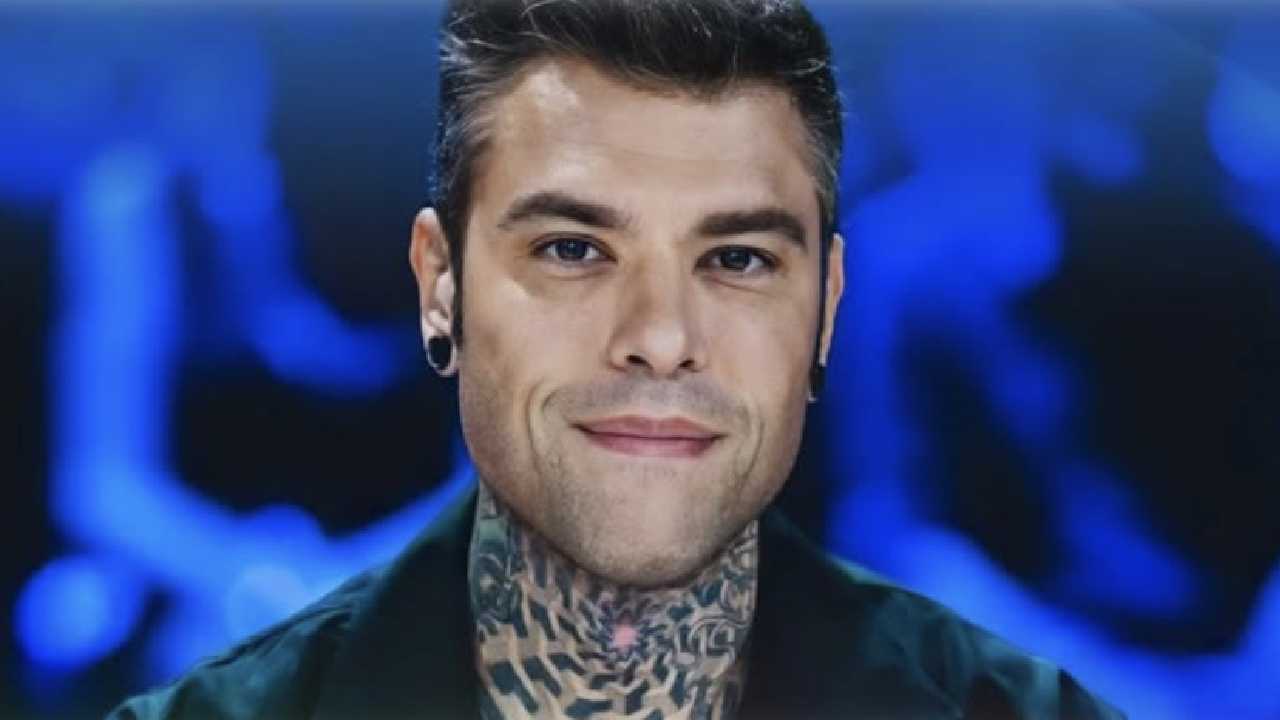
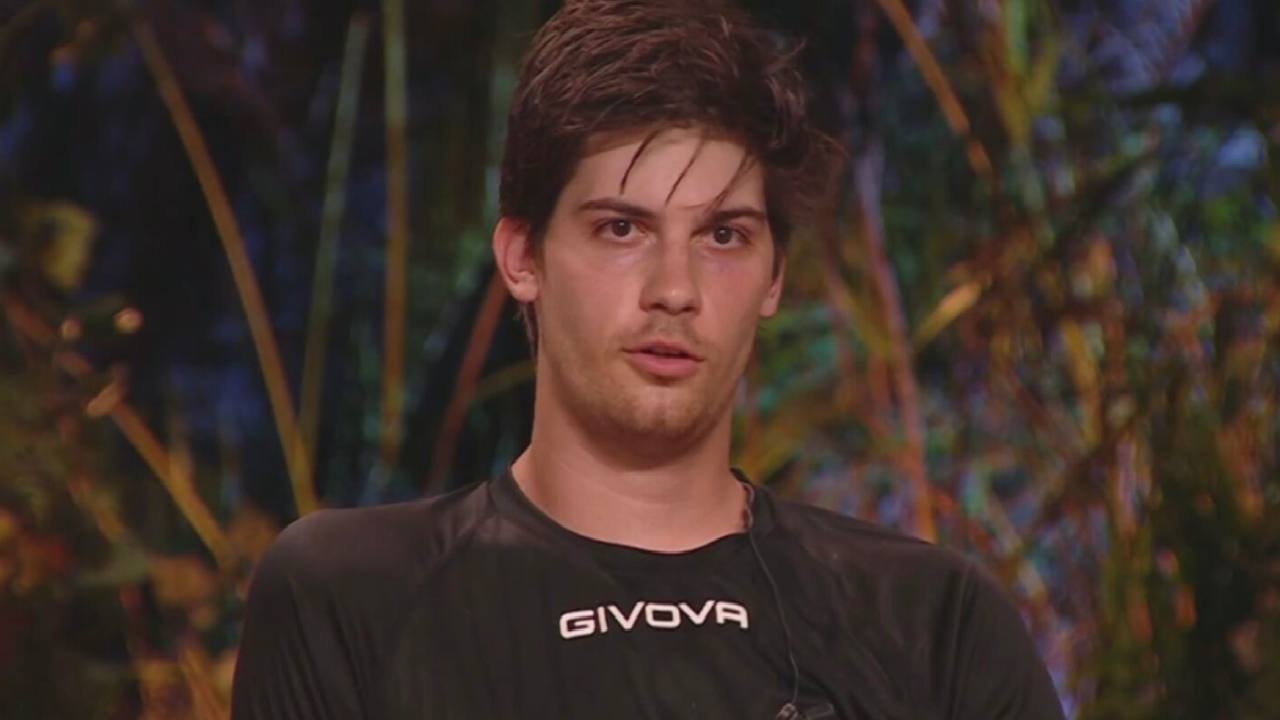

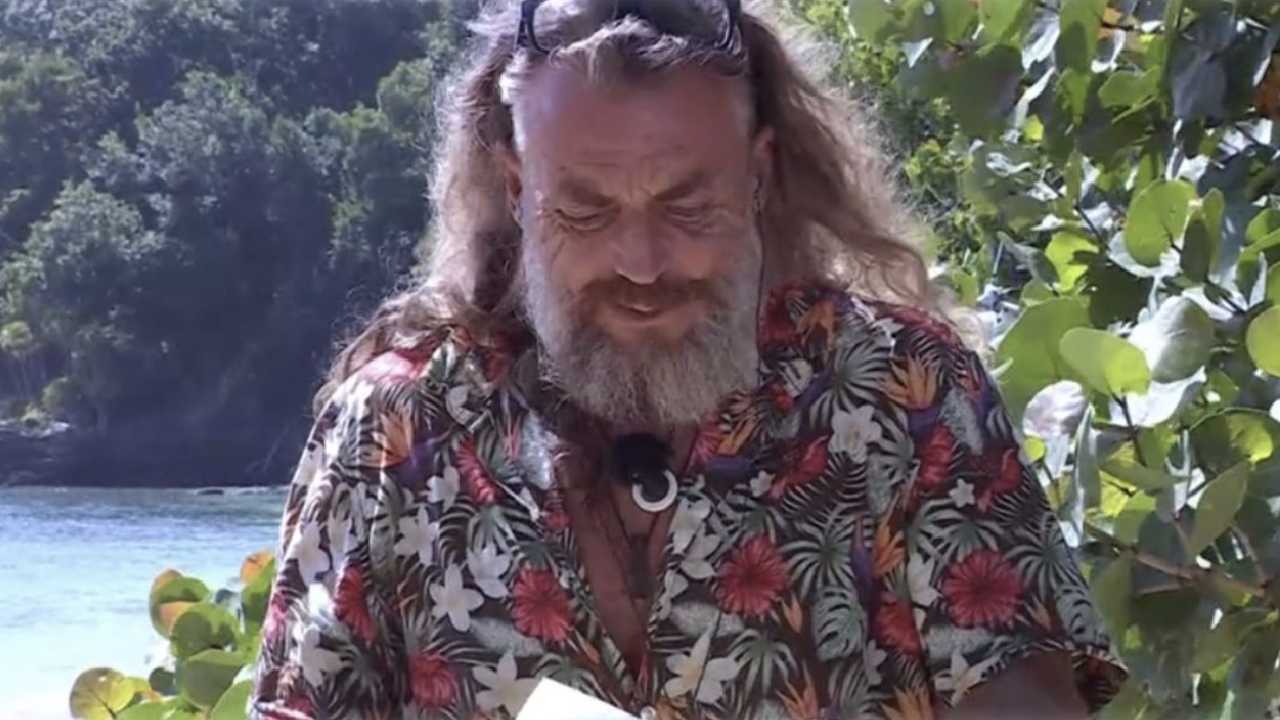
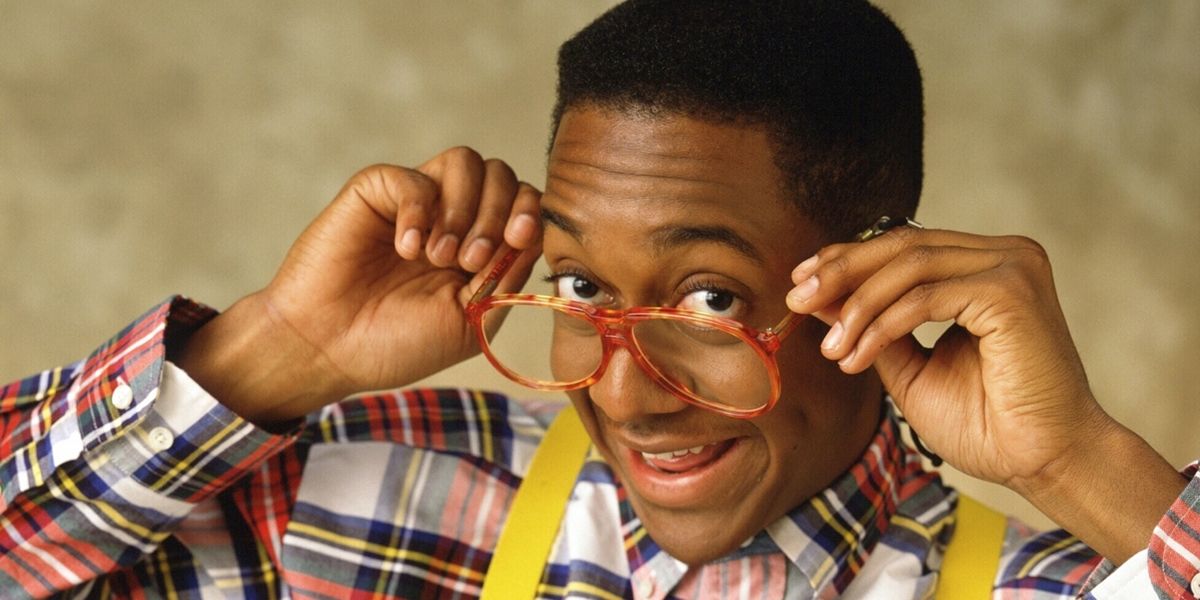
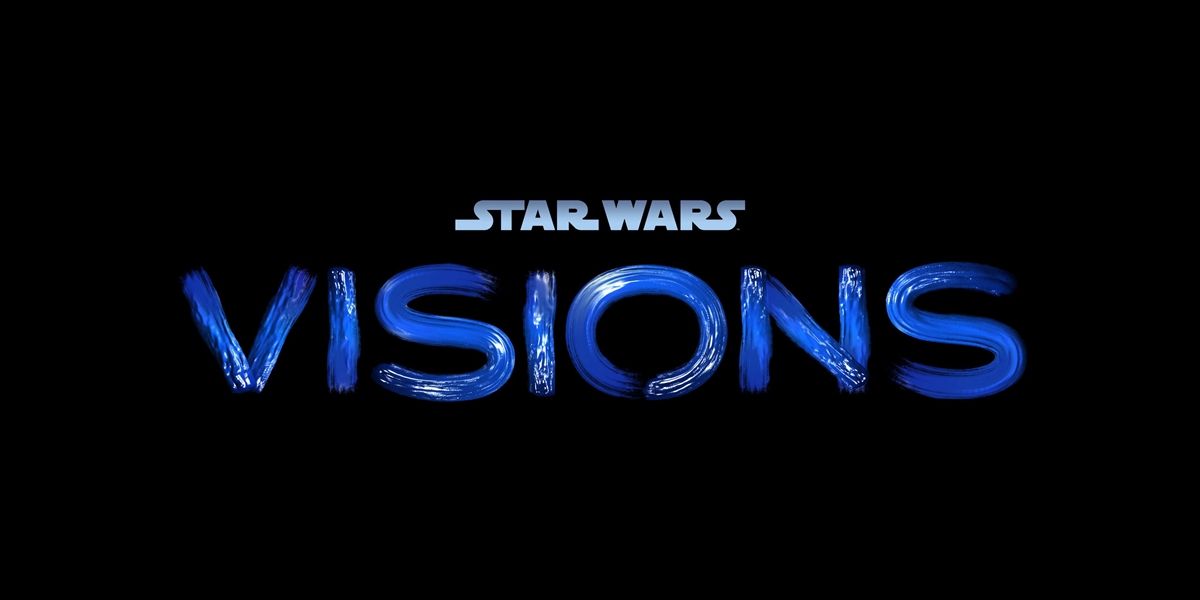

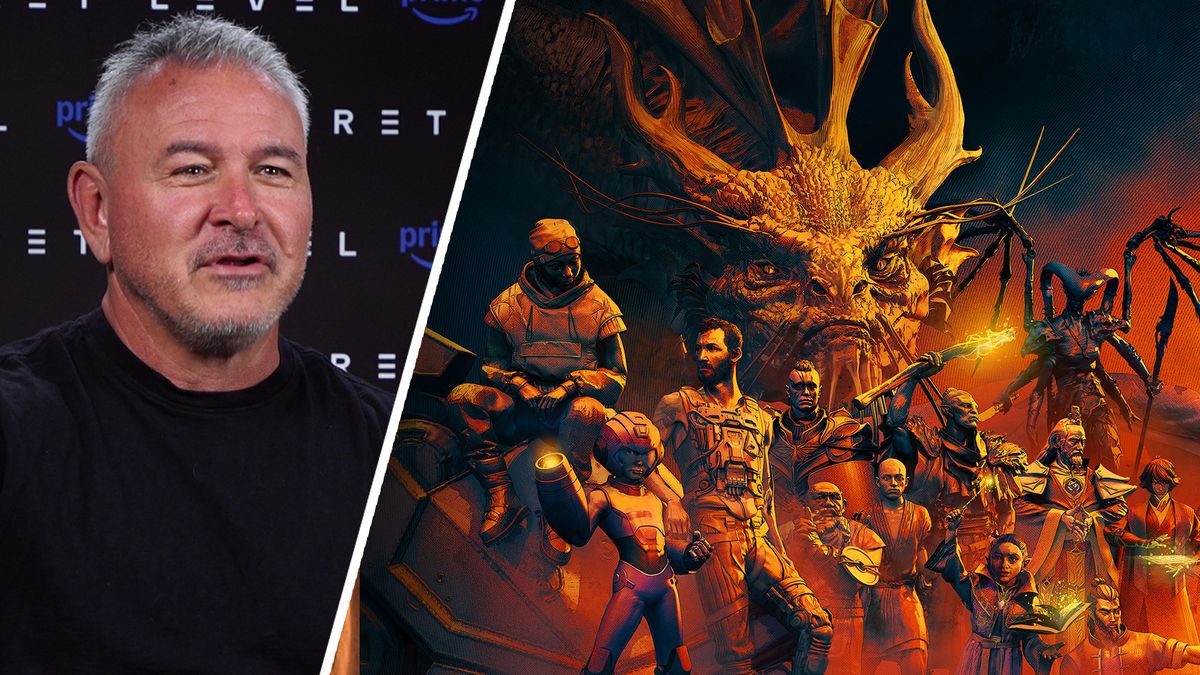





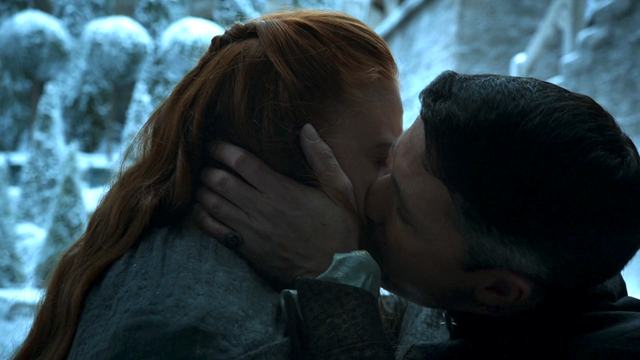
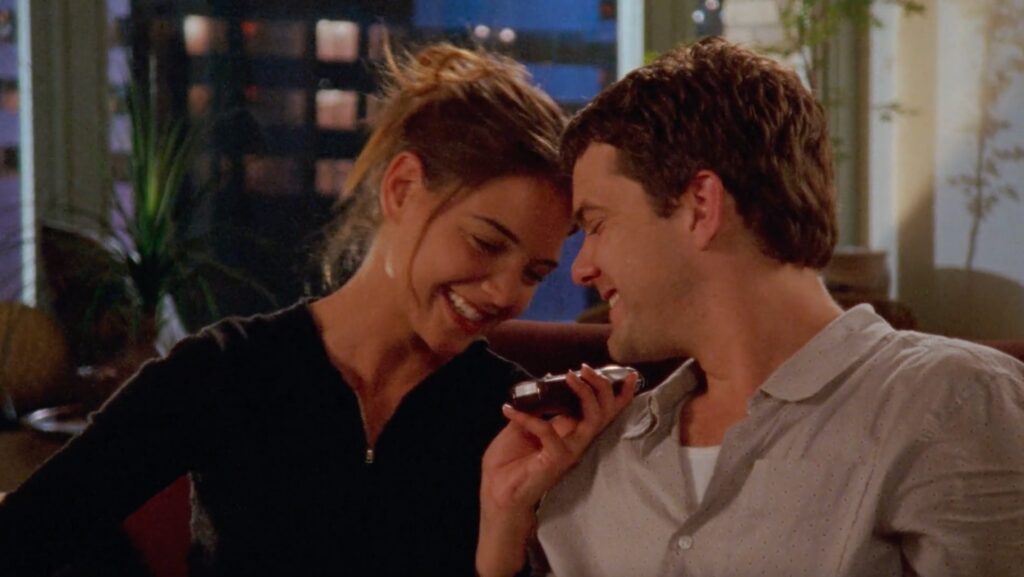
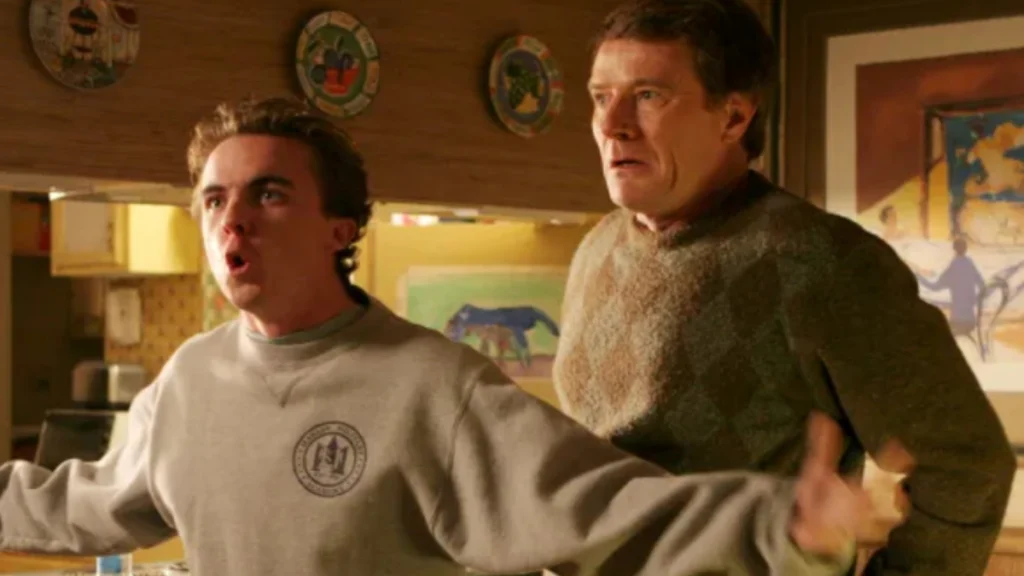





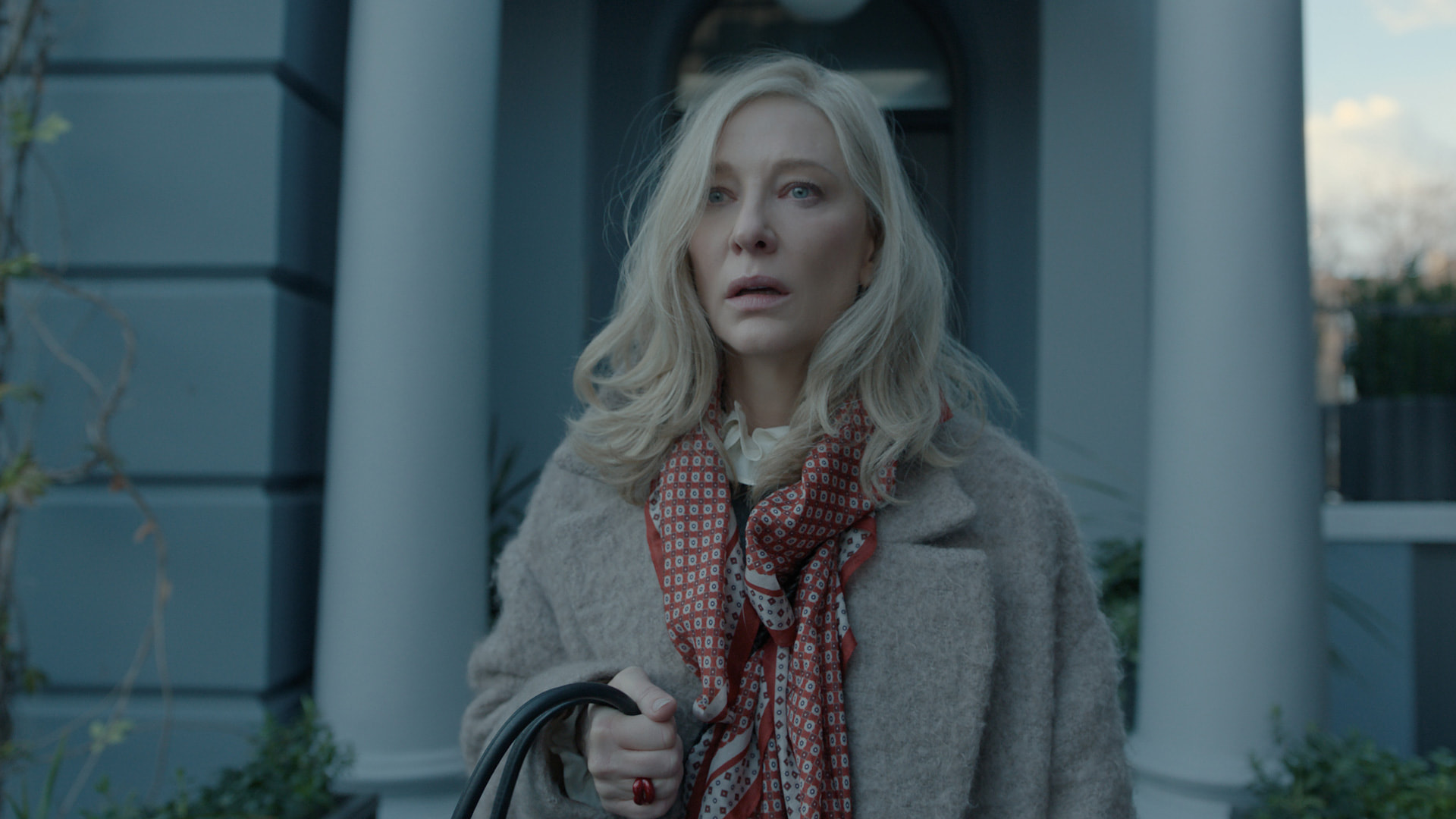

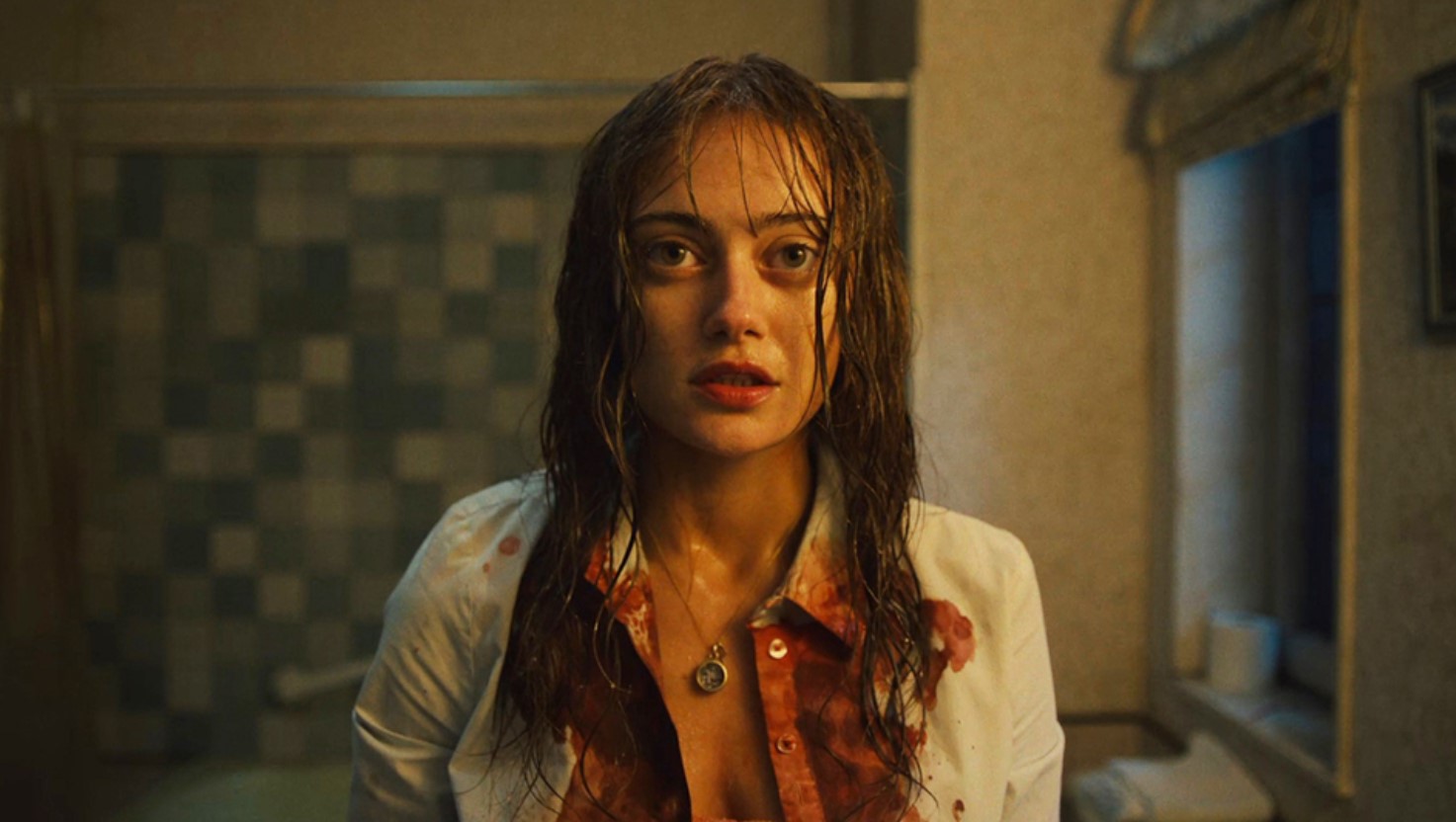


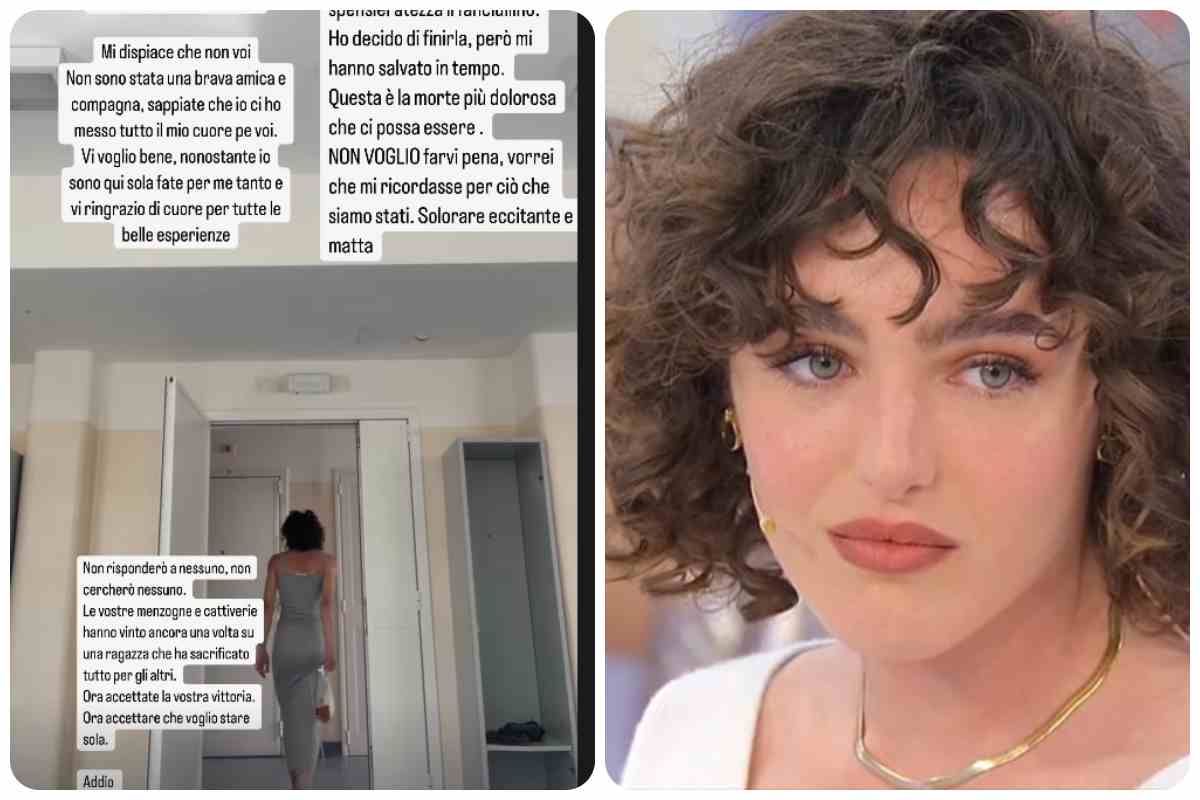
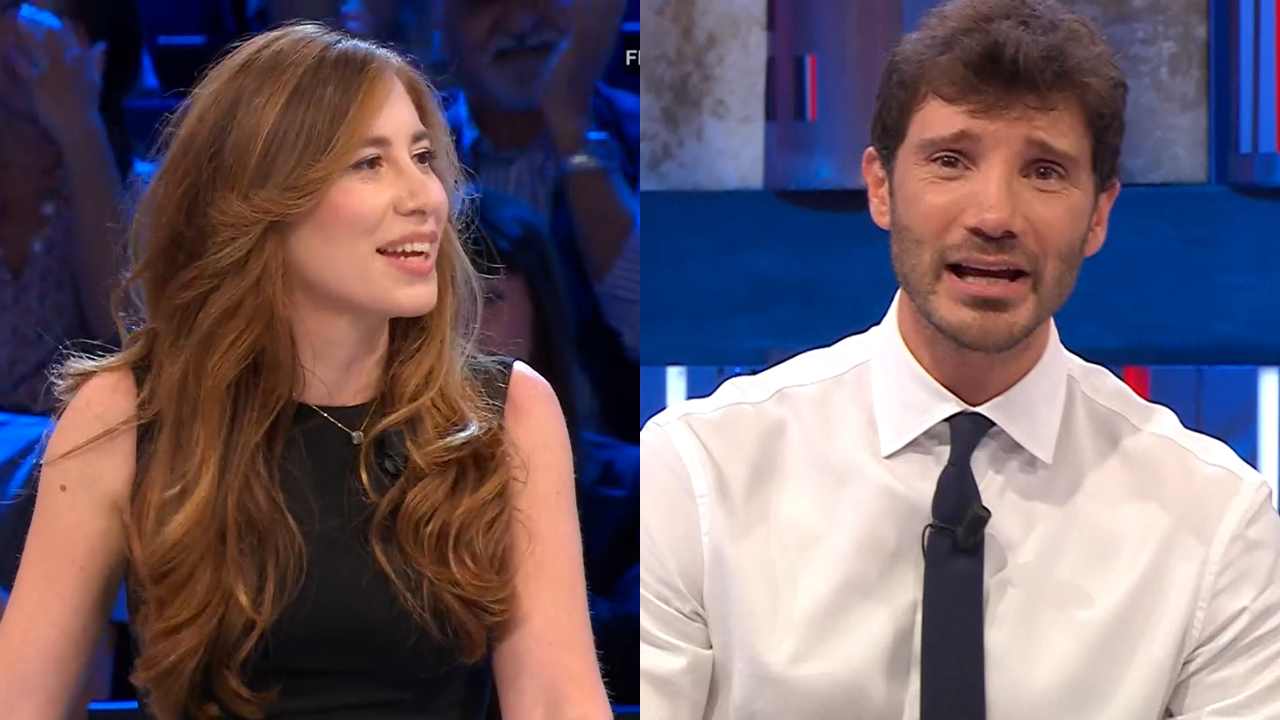

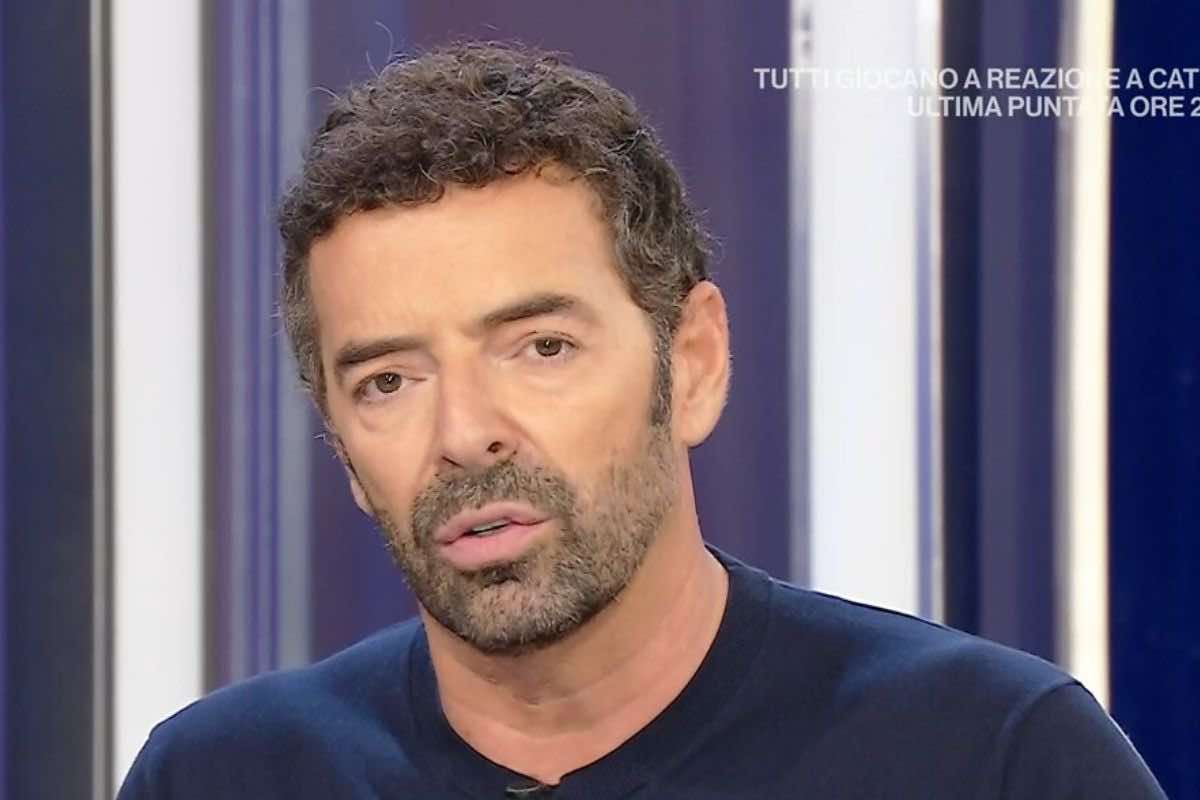


![Bianca Censori ancora nu*a e sexy nei nuovi scatti social [FOTO]](https://www.lascimmiapensa.com/wp-content/uploads/2025/05/image-290.png)
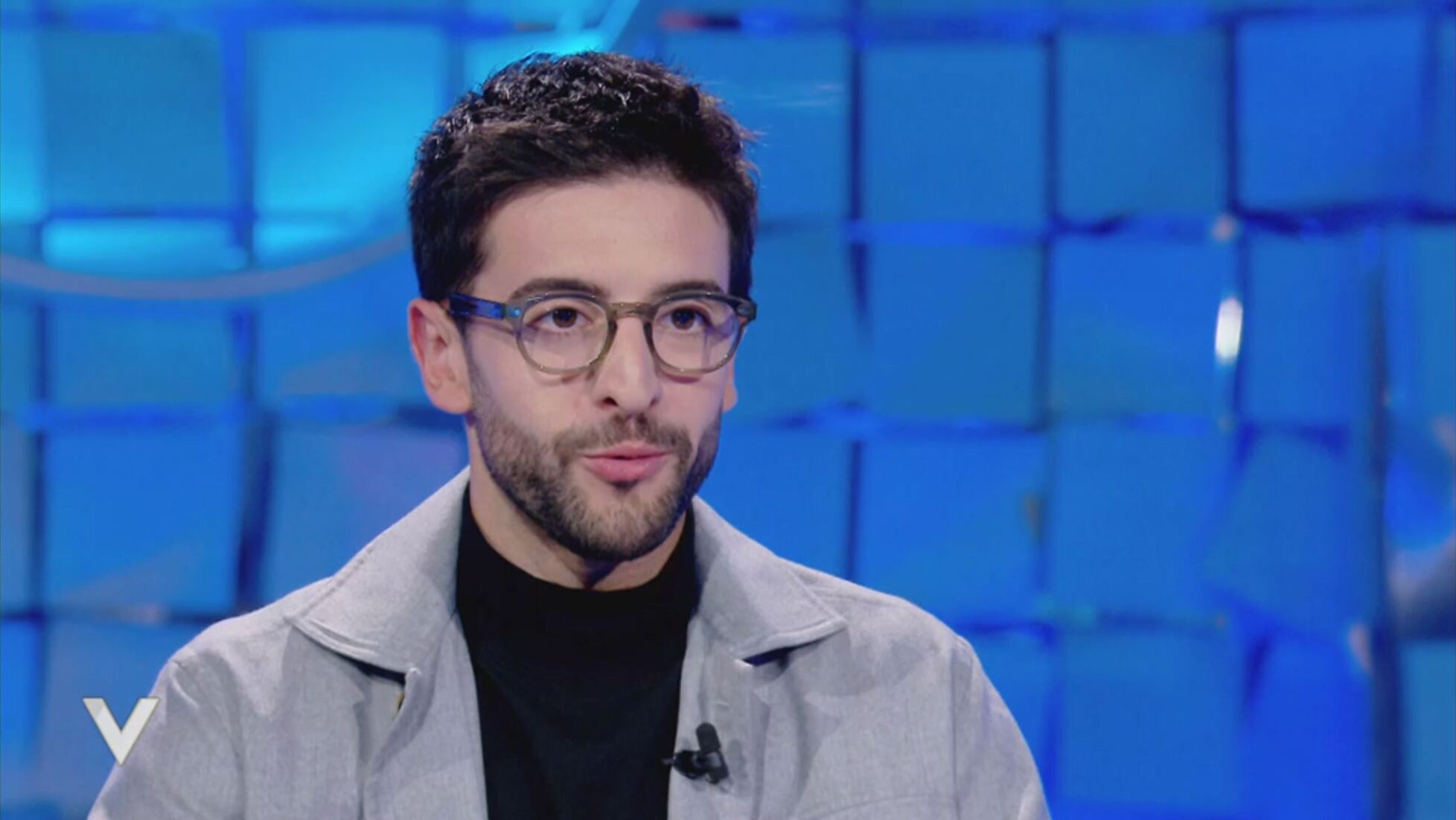
![Harry Potter: Arabella Stanton è uguale al disegno di Hermione di J.K. Rowling [FOTO]](https://www.lascimmiapensa.com/wp-content/uploads/2025/05/image-296.png)








